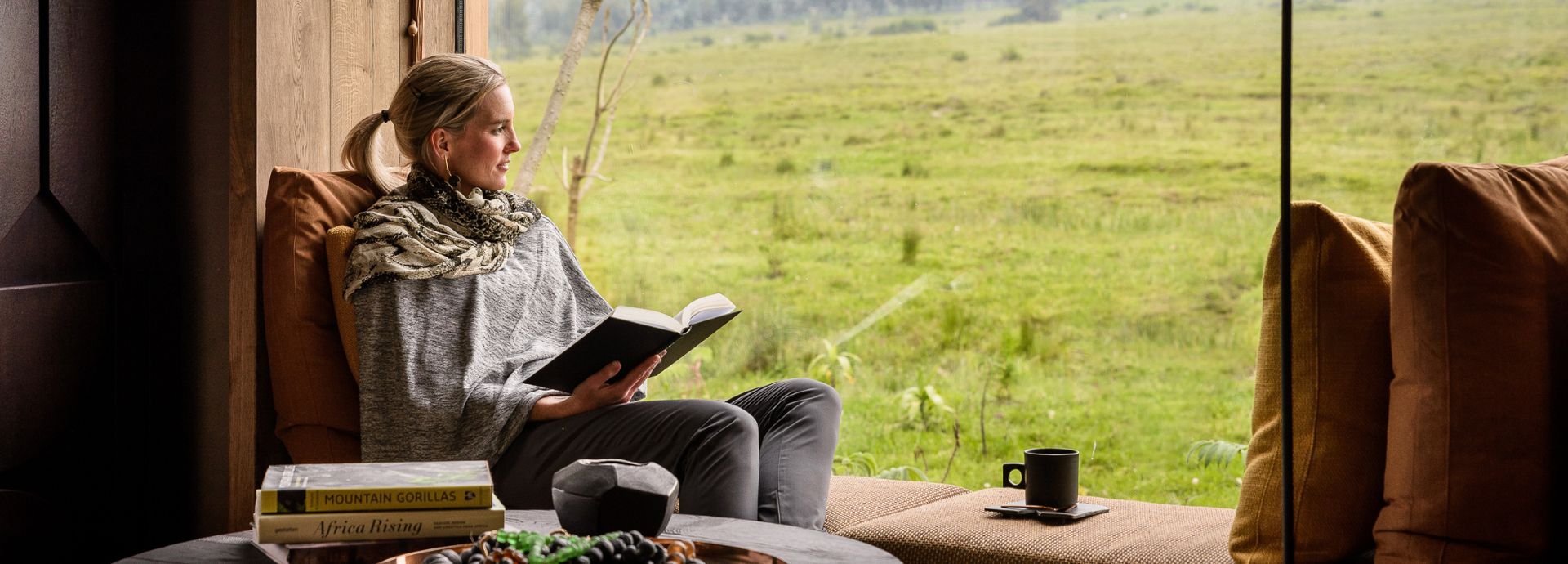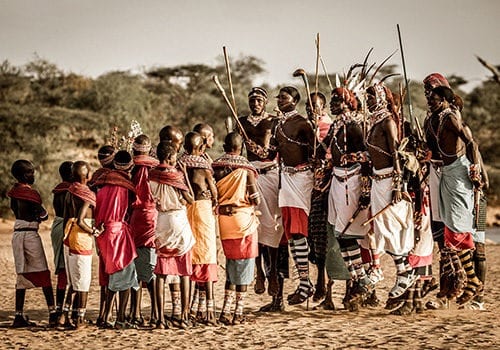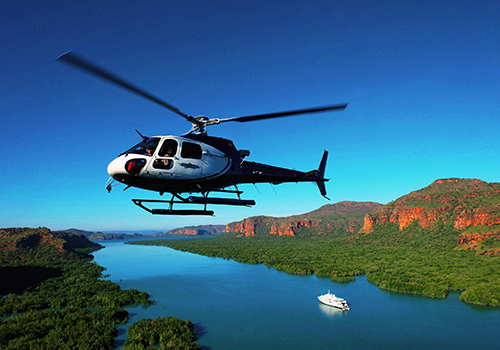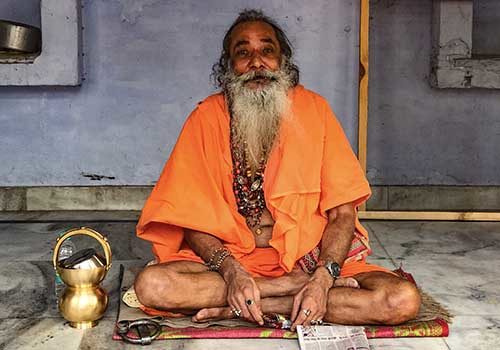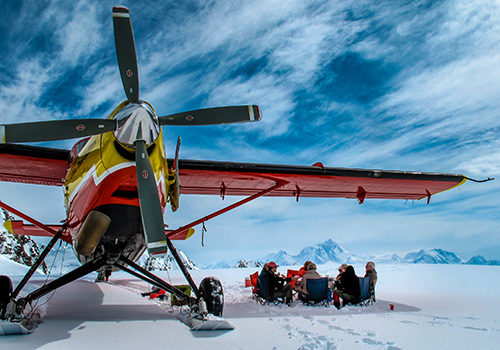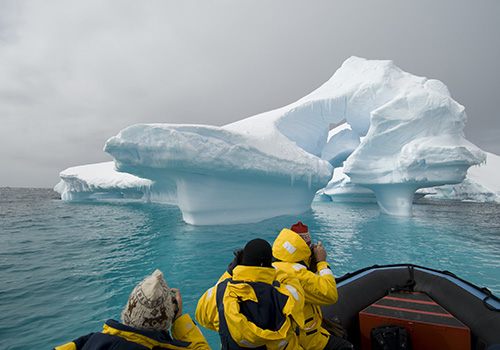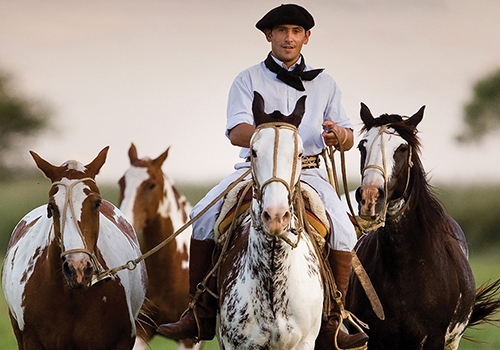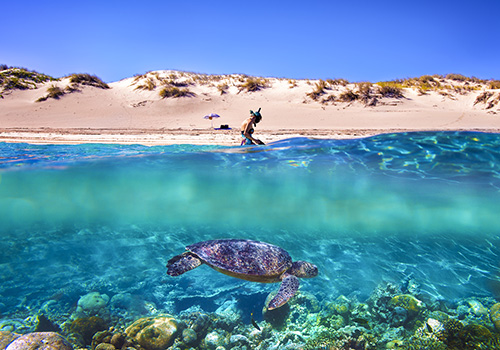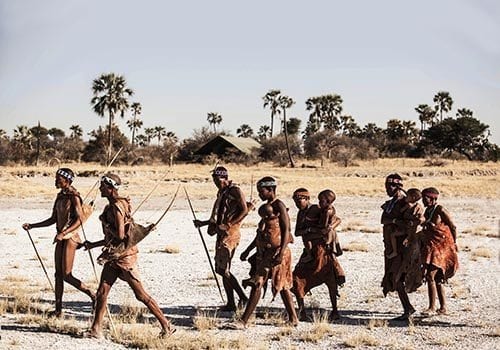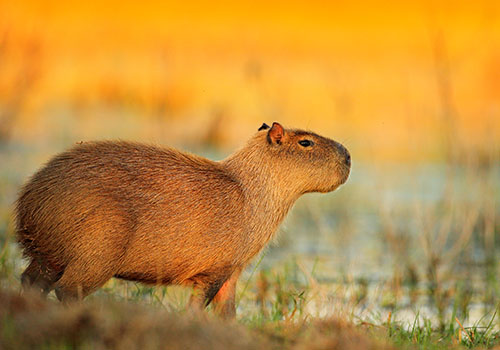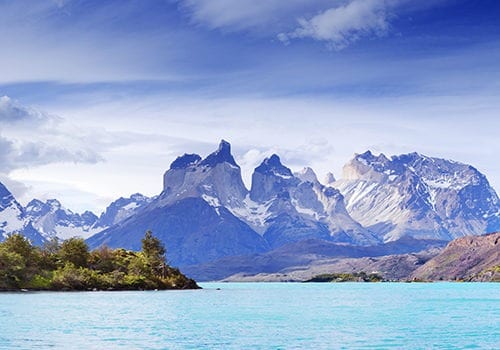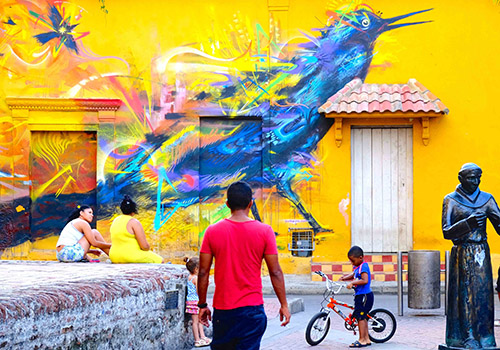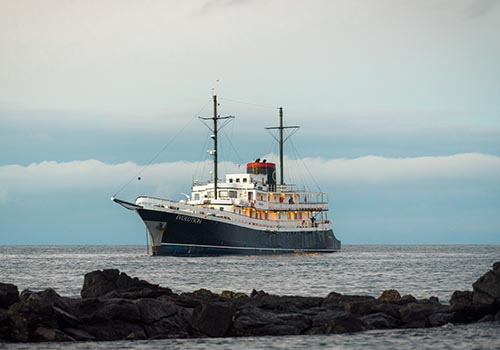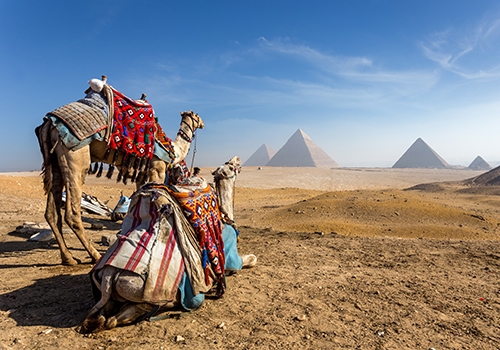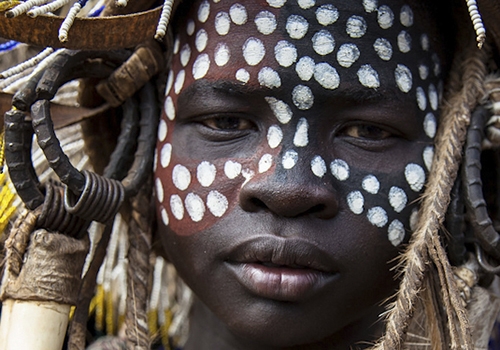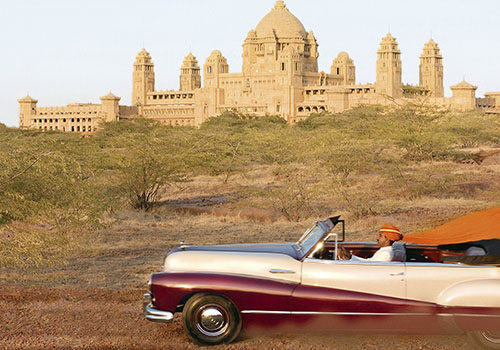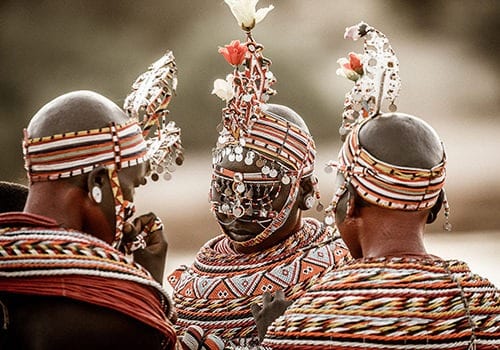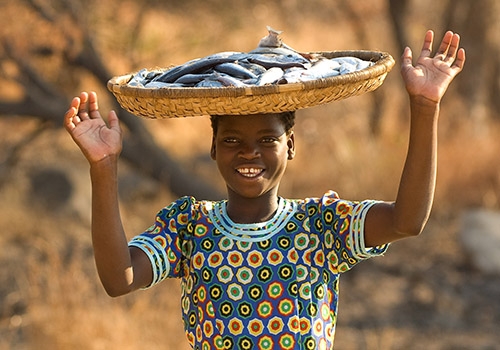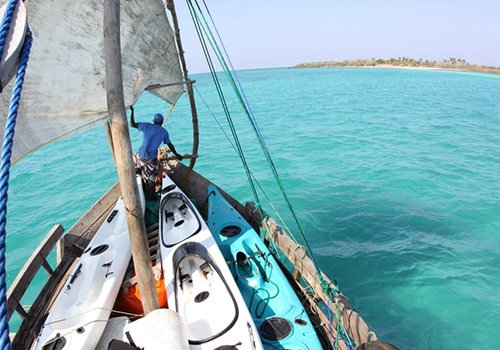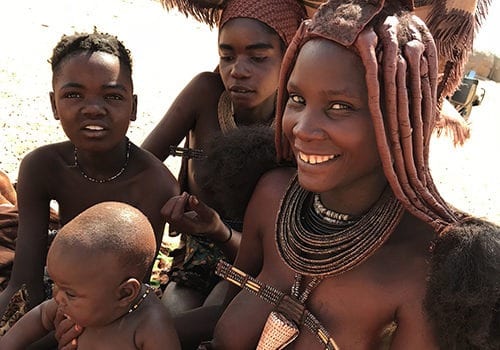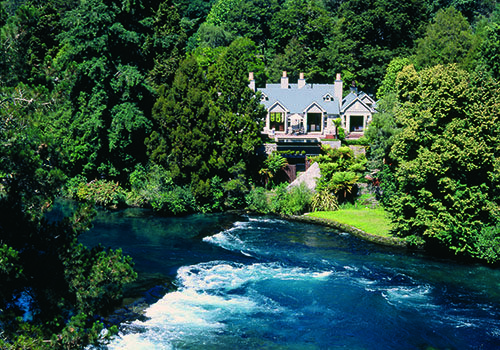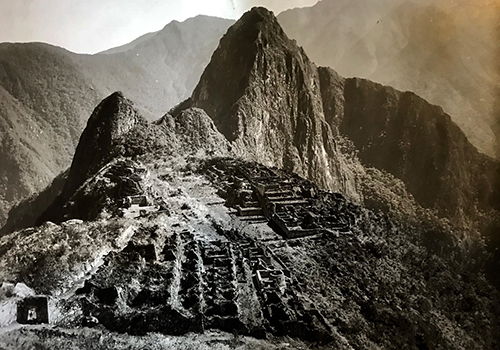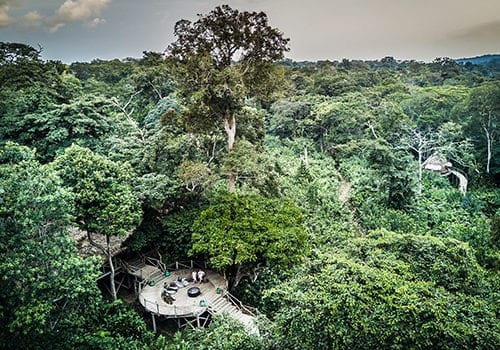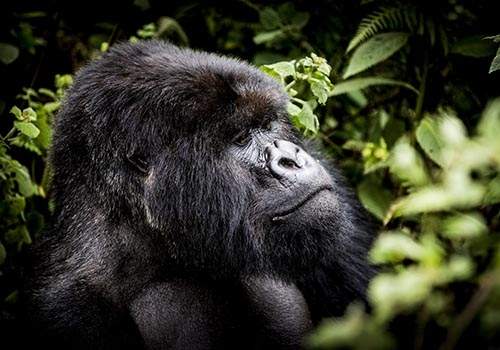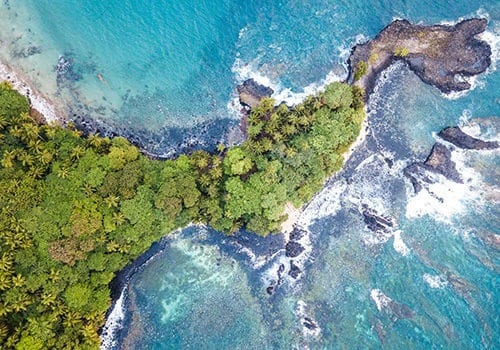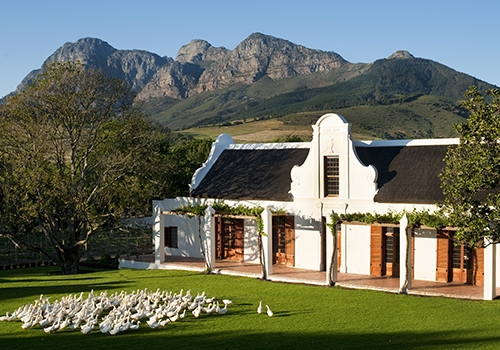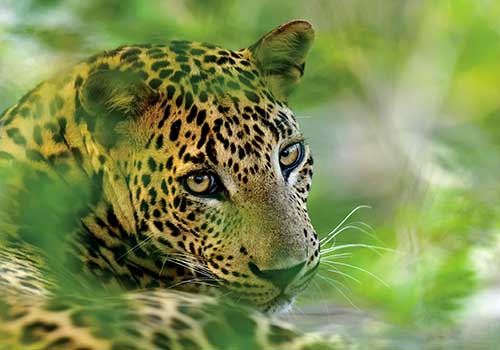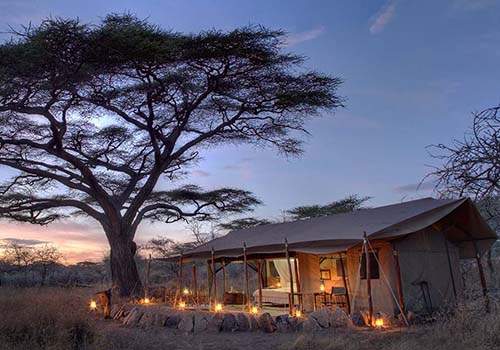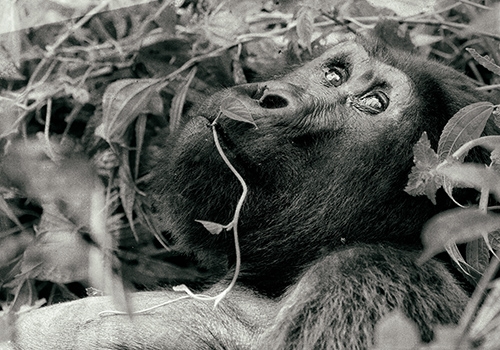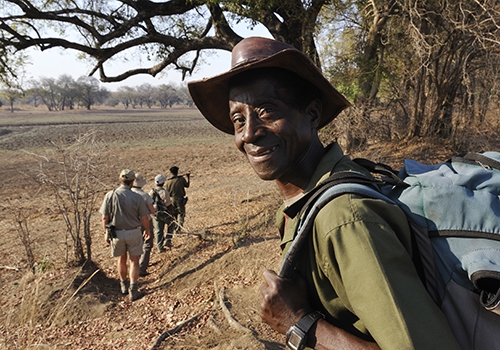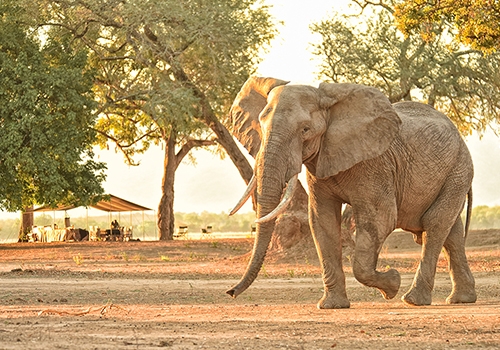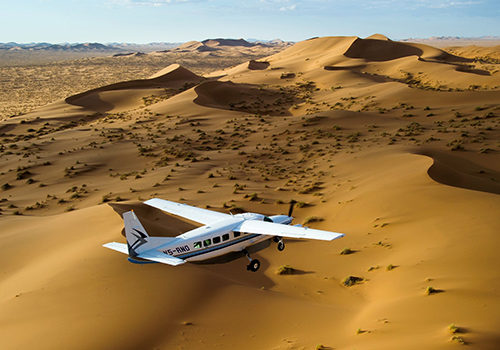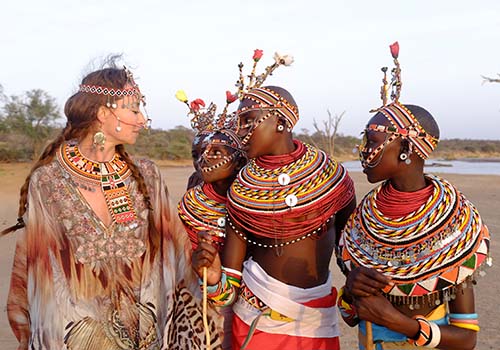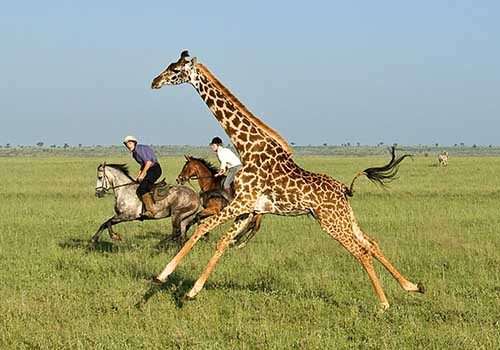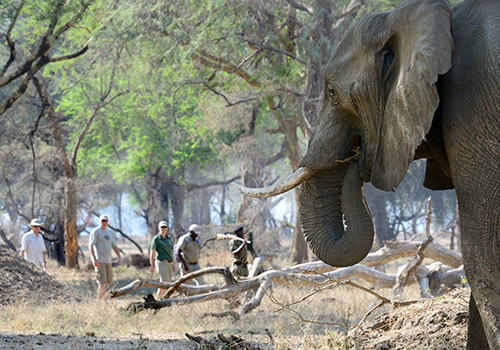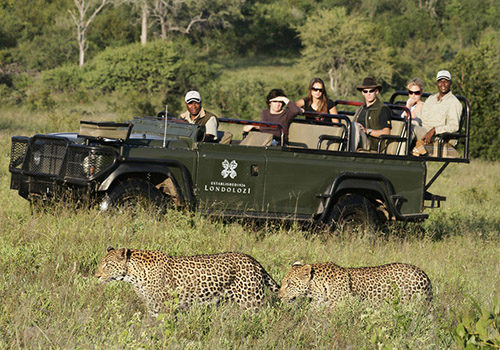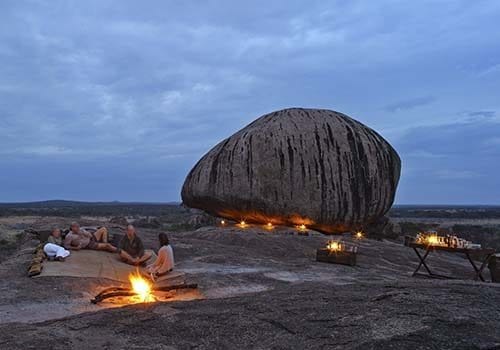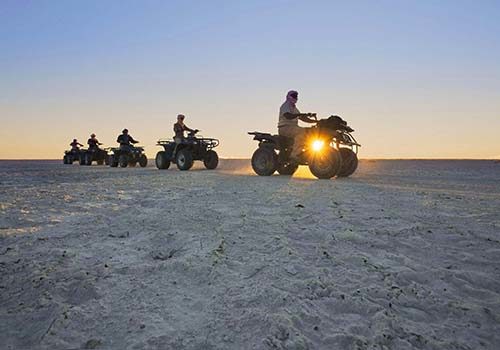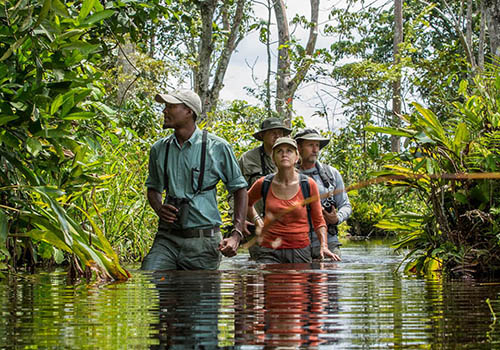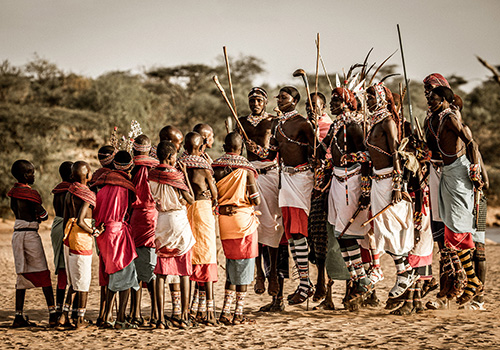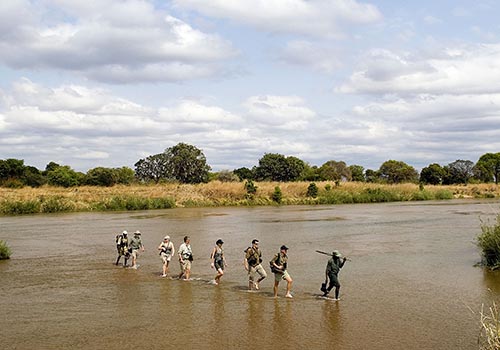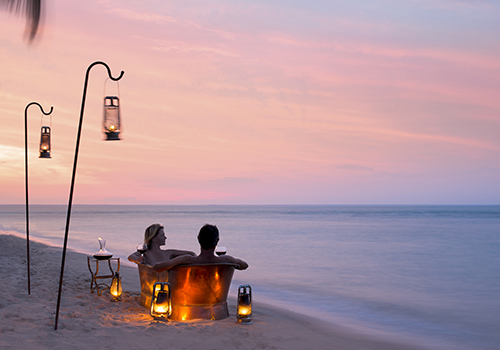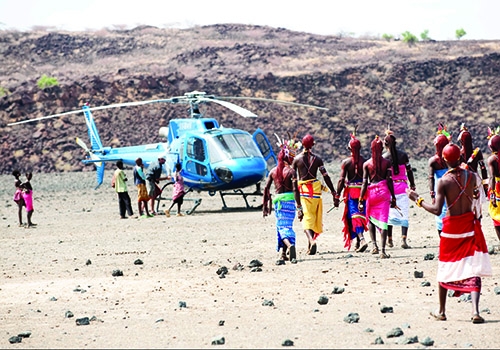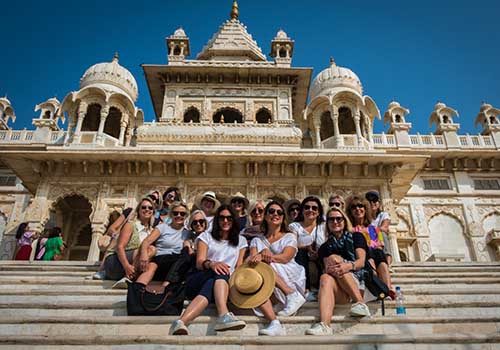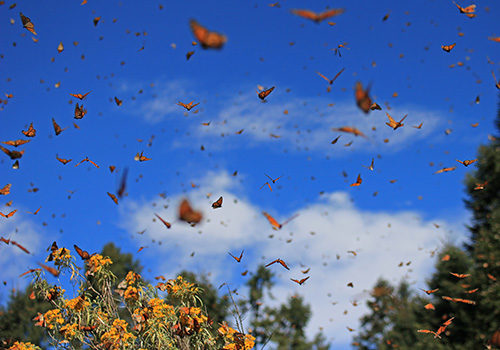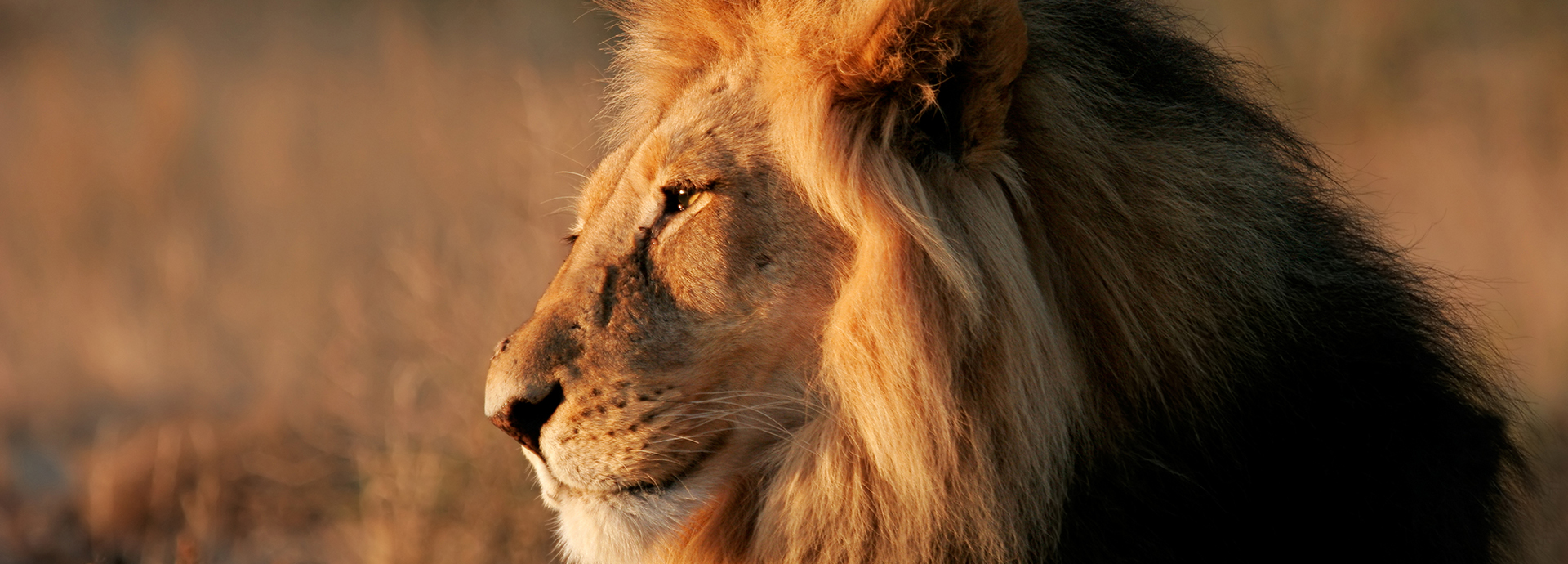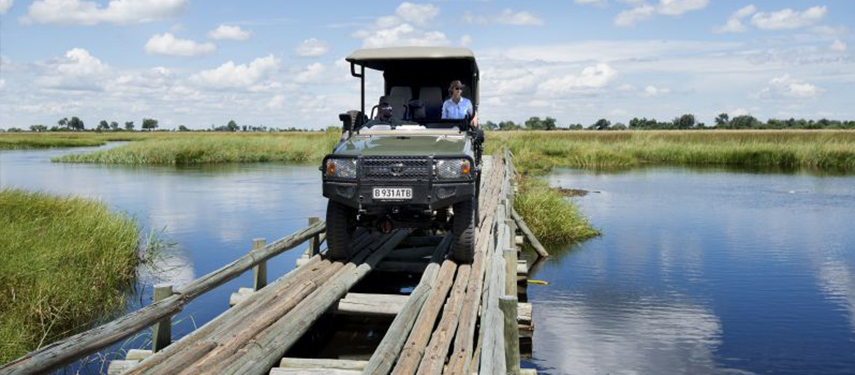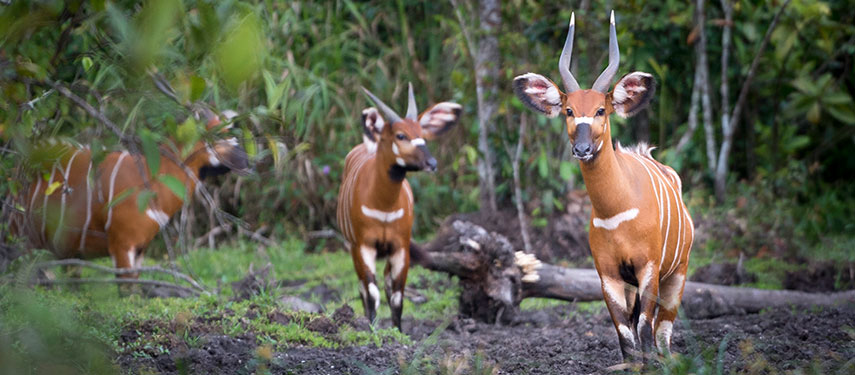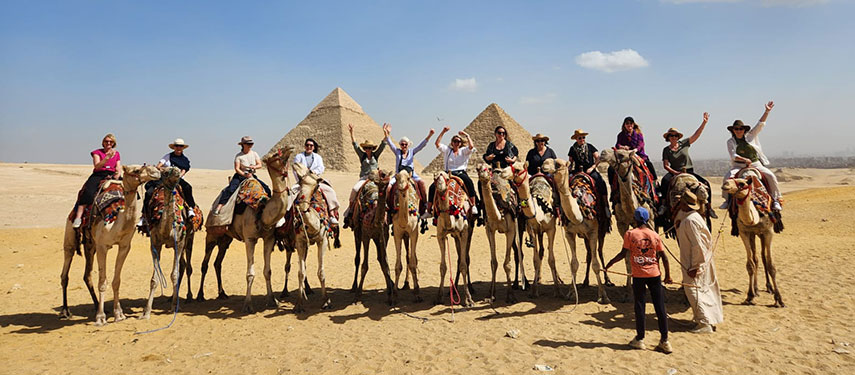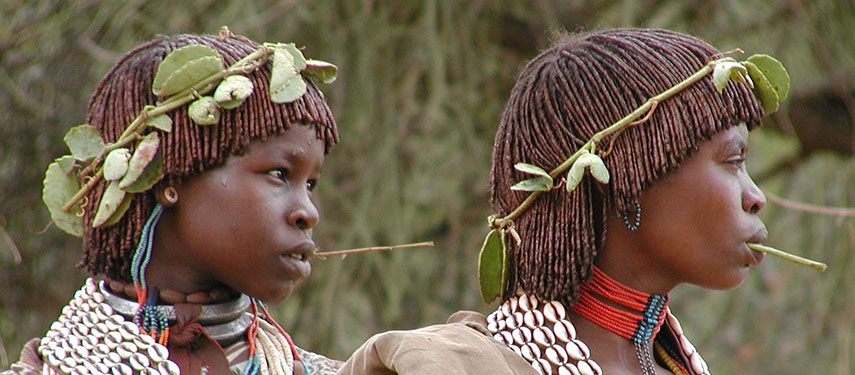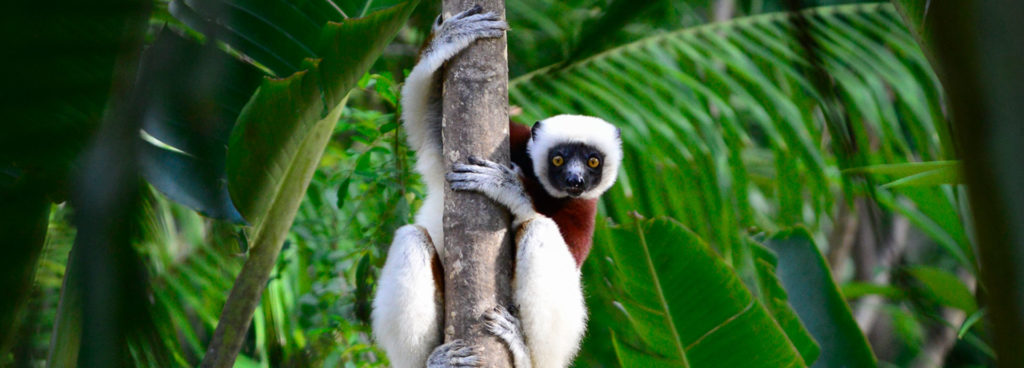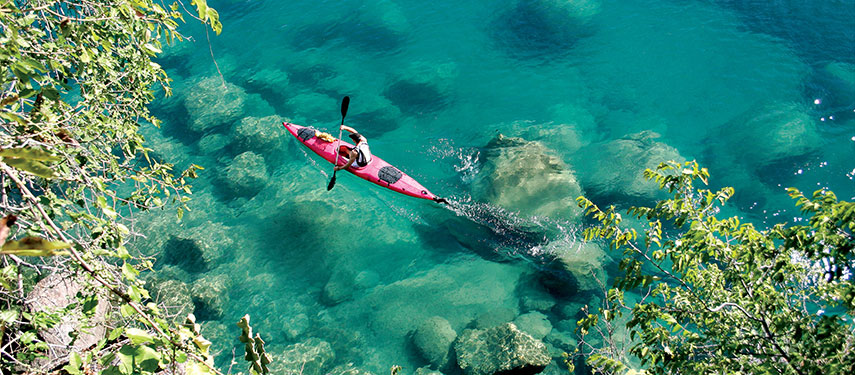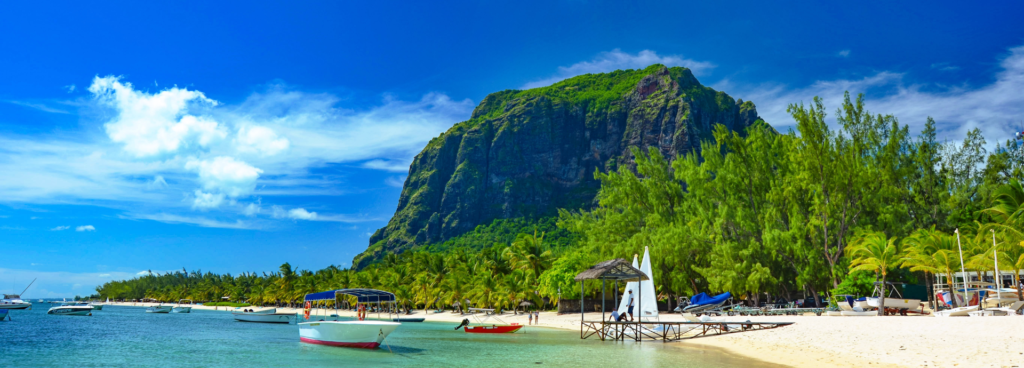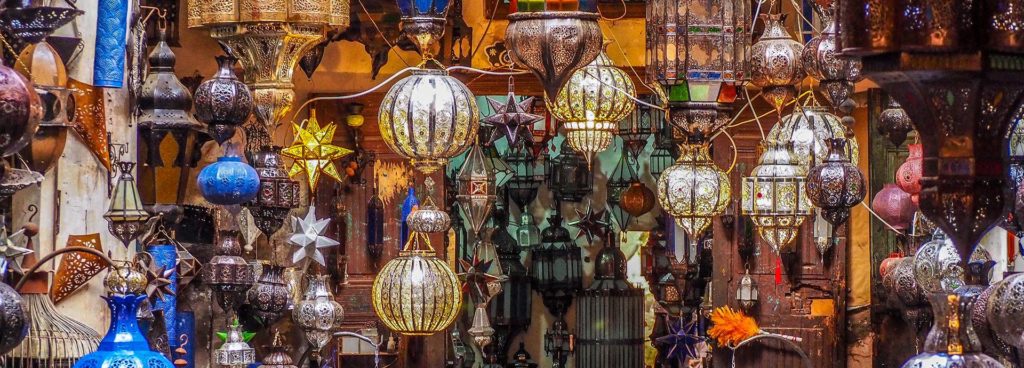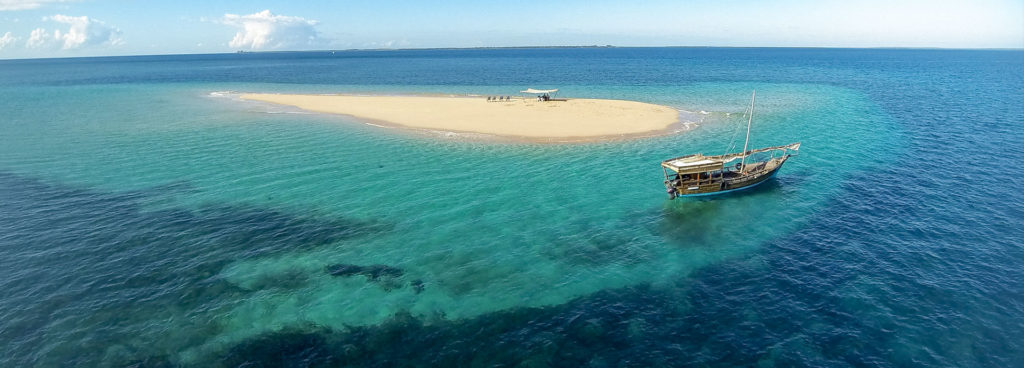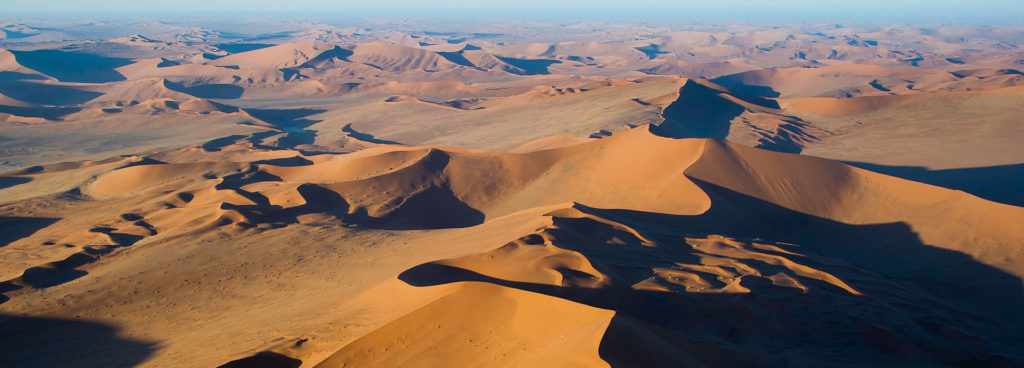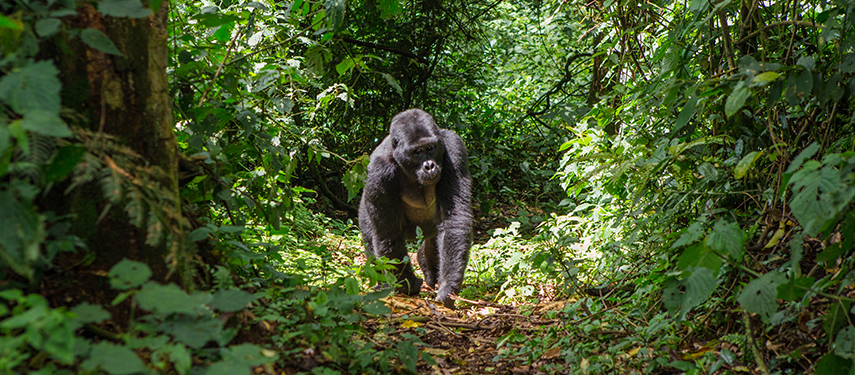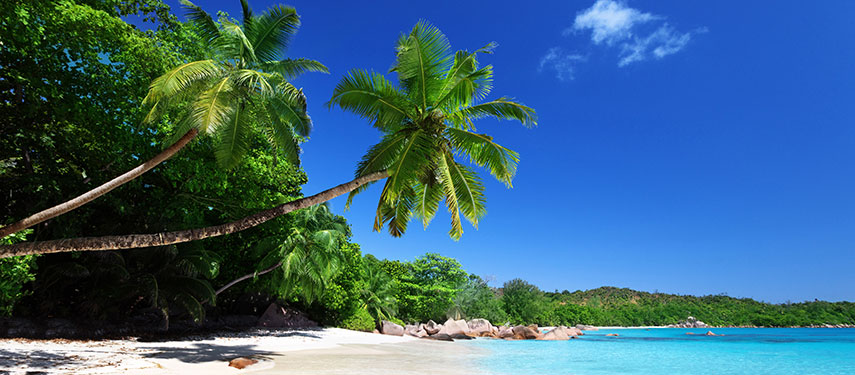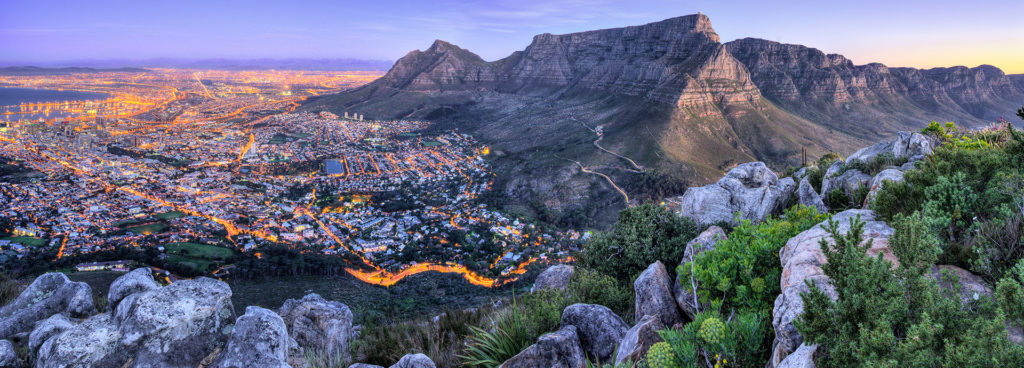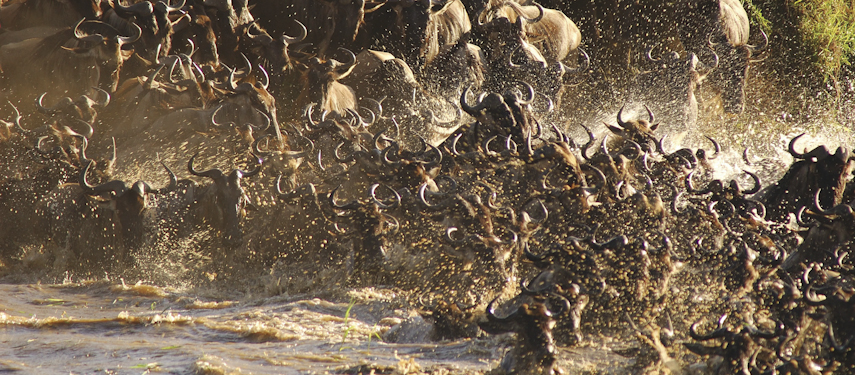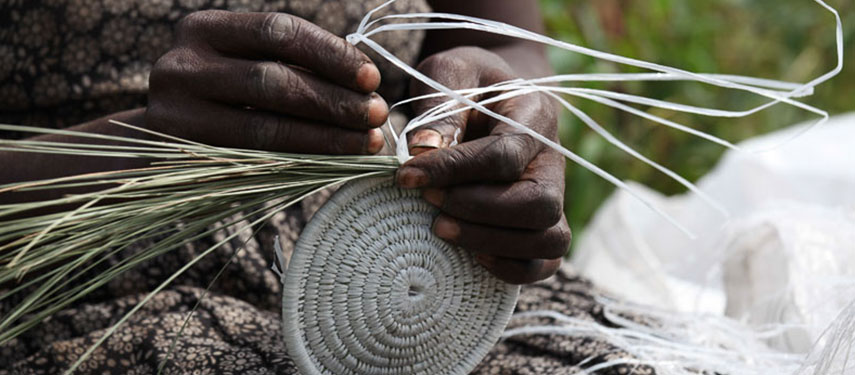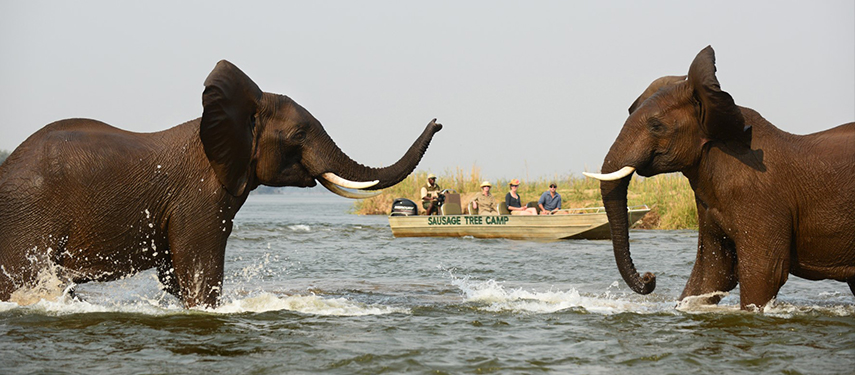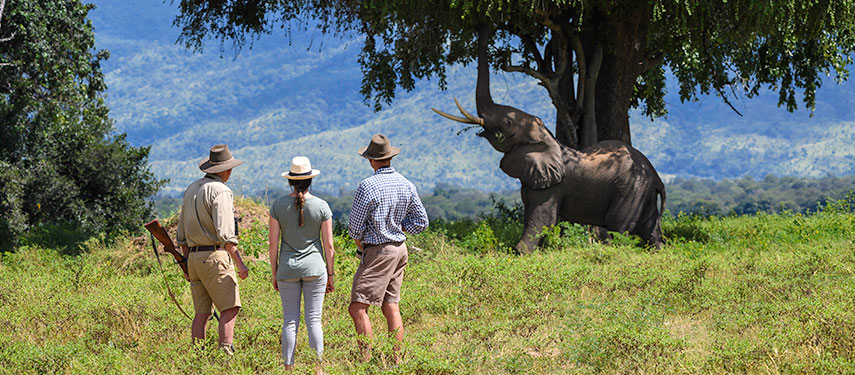
KEY INFORMATION TO PREPARE FOR YOUR JOURNEY
Thank you for choosing The Classic Safari Company for your African adventure.
Africa, the world’s second-largest continent, boasts an extraordinary range of experiences, catering to every kind of traveller. From the iconic savannahs of East Africa, teeming with majestic wildlife and the awe-inspiring spectacle of the Great Migration, to the vibrant markets and bustling cities of West Africa, where you’ll find a tapestry of colours, sounds, and flavours.
In Southern Africa, embrace the dramatic landscapes of Table Mountain, the vast deserts of Namibia, and the thundering Victoria Falls, where you’ll be left awe-struck by the power of nature. Beyond the well-known landmarks, immerse yourself in the warmth and hospitality of the African people, who will welcome you with open arms and share their traditions, music, and stories.
Discover the fascinating history of North Africa, home to the mighty pyramids of Egypt and the medinas of Morocco, where centuries-old civilizations have left an indelible mark on the region. Or venture into the heart of the continent, where the lush rainforests of Central Africa offer a haven for adventurous souls seeking encounters with rare wildlife.
Before you embark on this extraordinary journey, familiarise yourself with the diverse cultures and customs, ensuring that you approach each destination with respect and understanding. Pack your spirit of adventure, a camera to capture the breathtaking scenery, and an open heart to connect with the people you’ll meet along the way.
Africa offers a range of unforgettable experiences, where you’ll create lasting memories that will stay with you long after you bid farewell to this captivating continent. Get ready to embrace the spirit of Ubuntu – “I am because we are” – as you embark on an adventure that will change you in ways you never imagined. Karibu Africa! (Welcome to Africa!)
The following information will assist in preparing for your departure and includes helpful travel hints for when you are there.
PLEASE NOTE: All pre-departure information was correct at the time of writing, but should be used as a guide only since requirements can change at short notice and without warning. Consult Smart Traveller or contact the appropriate foreign embassy and consulate prior to departure to confirm all details.
PASSPORT & VISA REQUIREMENTS
PASSPORTS
For information relating to the specific countries you are visiting please refer to the country-specific information pages which can be found at the end of this document. This page contains important information that applies generally to all countries in Africa.
Your passport must be valid for at least six months after your return to Australia and have a minimum of two blank pages for every entry and country you intend to visit on your journey. You must obtain a new passport if your current passport does not meet these requirements. The Australian Passport Office website is www.passports.gov.au
It is a wise precaution to carry a copy of your passport – either as a photocopy, or a digital copy saved securely on your smartphone. It is also wise to leave a copy at home. This will aid authorities in processing a new passport should it get stolen or lost.
If you have dual citizenship and more than one passport, we strongly recommend that you use only one of these during your travels, as in some countries it is considered illegal to have two or more passports. Be sure to use the same passport on entering and exiting a country, and never surrender your passport.
If your passport name is different from your commonly used name, advise us of this and ensure your airline reservations match those of your passport name.
VISAS
Requirements for Australian and New Zealand passport holders change constantly so double check with your travel consultant regarding the visas you need for your trip. Many visas can now be obtained in advance and if this option is available we strongly recommend that you do this to avoid lengthier queues and longer wait times at the airport on arrival. Any visas obtained locally in Africa are payable in cash, with USD being the most acceptable currency. The most commonly required visas for Australian and New Zealand passport holders are:
NO VISA REQUIRED
- Botswana
- Madagascar (for stays between 1-14 days)
- Malawi
- Mauritius
- Morocco
- Namibia
- Rwanda
- Seychelles
- South Africa
- Zambia
MUST BE OBTAINED PRIOR TO ARRIVAL
- Ethiopia
- Kenya
- Uganda
AVAILABLE ONLINE & AT POINT OF ENTRY
- Egypt
- Madagascar (for stays between 15-60 days)
- Mozambique
- Tanzania
AVAILABLE AT POINT OF ENTRY ONLY
- Congo (with special conditions)
- Zimbabwe
All visa applications must be made on each countries official e-visa website. Please refer to the country specific information pages which are found at the end of this document. We can provide detailed instructions for this process if required – just ask. We are also happy to assist you with the online process, however a AU$100, per passport, per visa application, administration fee will apply.

TRAVELLING WITH CHILDREN
TRAVELLING WITH CHILDREN TO NAMIBIA & BOTSWANA
Botswana and Namibia have enforced strict regulations for anyone travelling with children 18 years and under in an effort to control child trafficking. This means that parents travelling with children (18 years or under) to BOTSWANA and/or NAMIBIA are now requested to provide a certified / notarised copy of their child’s UNABRIDGED BIRTH CERTIFICATE. Note that if you are transiting through South Africa you may also need to present these documents.
Parents travelling with a child must produce a certified / notarised copy of the unabridged birth certificate of their child reflecting the particulars of the parents.t
An unabridged birth certificate identifies both parents of the child on the birth certificate. A certified copy is the copy of an original document that has been authorised or stamped as being a true copy. You can find a list of notaries who can witness affidavits and certify copies of documents in Australia here: www.notarylocator.com.au
If minors are not travelling with both parents identified on their birth certificate they will also need a signed affavit from the parent not present stating that they give permission for the minor to travel and giving their contact details.
If children are travelling with a guardian/s, these adults are required to produce certified affavits from both parents proving permission for the child(ren) to travel and giving their contact details.
In the event that one parent has passed away, a certified copy of the death certificate must be carried.
All documents issued in a language other than English must be accompanied by a sworn translation issued by a competent authority. All certified copies must be dated within three months of the arrival date.
All children must be in possession of a valid passport containing two blank pages for each country they intend to visit with a validity of 6 months beyond the date of their return home.
You may not always be asked to produce the documents specified but you absolutely must have them in the event they are requested either by Immigration authorities on arrival or by airline staff when you are checking in for flights. It is important to begin the process of preparing these documents well in advance, particularly if affidavits, death certificates or marriage certificates are required or if the parents name, as it appears on the child’s birth certificate, has changed.
CHILD + BOTH PARENTS
Unabridged birth certficate + valid passport
CHILD + 1 PARENT
Unabridged birth certificate + court order / death certificate and /or affdavit confirming permission for travel from the absent parent + valid passport
CHILD + GUARDIAN ONLY
Unabridged birth certificate + court order / death certificate and/or affidavit confirming permission for travel from both parents + valid passport
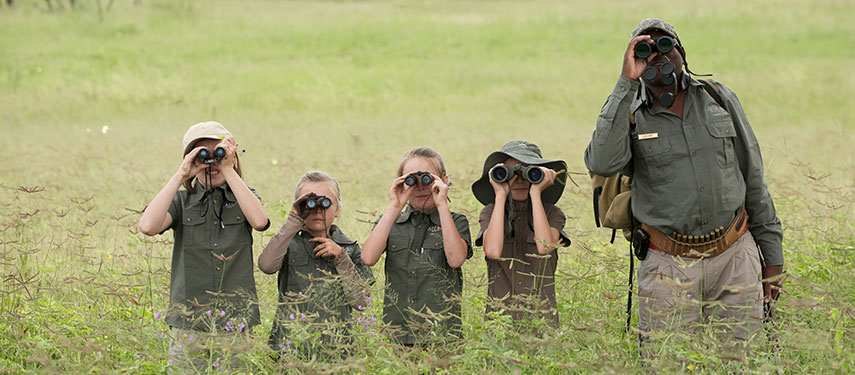
KIDS ON SAFARI
African safaris are a captivating adventure for children with the thrill of close-up encounters with iconic animals like elephant, lion, and giraffe sparking curiosity and excitement. Guided game drives provide excellent educational opportunities to learn about animal behaviour and tracks, fostering a deeper appreciation for nature. The experience promises to ignite wonder and curiosity in kids, creating lasting memories and an enriching family experience.
AIR ARRANGEMENTS
PASSPORT NAME
Your airline reservation must be made in your legal name as it appears on your passport (i.e. names on tickets and passports must match). If your passport name is different to your commonly used name, advise us of this and ensure your airline reservation name matches those on your passport.
SPECIAL REQUESTS
Do let us know your seat preferences and any special requests so we can advise the airlines accordingly, however, airlines do not guarantee seat preferences and some airlines now charge extra for this service.
Be sure to mention any other special requests you may have such as dietary requirements, kids’ meals and wheelchair assistance.
FREQUENT FLYERS
Before your departure ensure you have provided your consultant with your frequent flyer details so they can be added to your flight booking.
If you intend to use frequent flyer miles for your air travel you must book your flights directly with the airline. It is a good idea to hold onto all your boarding passes in the event you have a query regarding points on your return.
DIY FLIGHT ARRANGEMENTS
If your flights are not booked by us ensure you provide your consultant with a copy of your flight itinerary so that we can share this with our ground operators who are responsible for booking corresponding ground transfers.
CHARTER FLIGHTS
See ’Luggage & Packing’ for how charter plane restrictions may affect you.
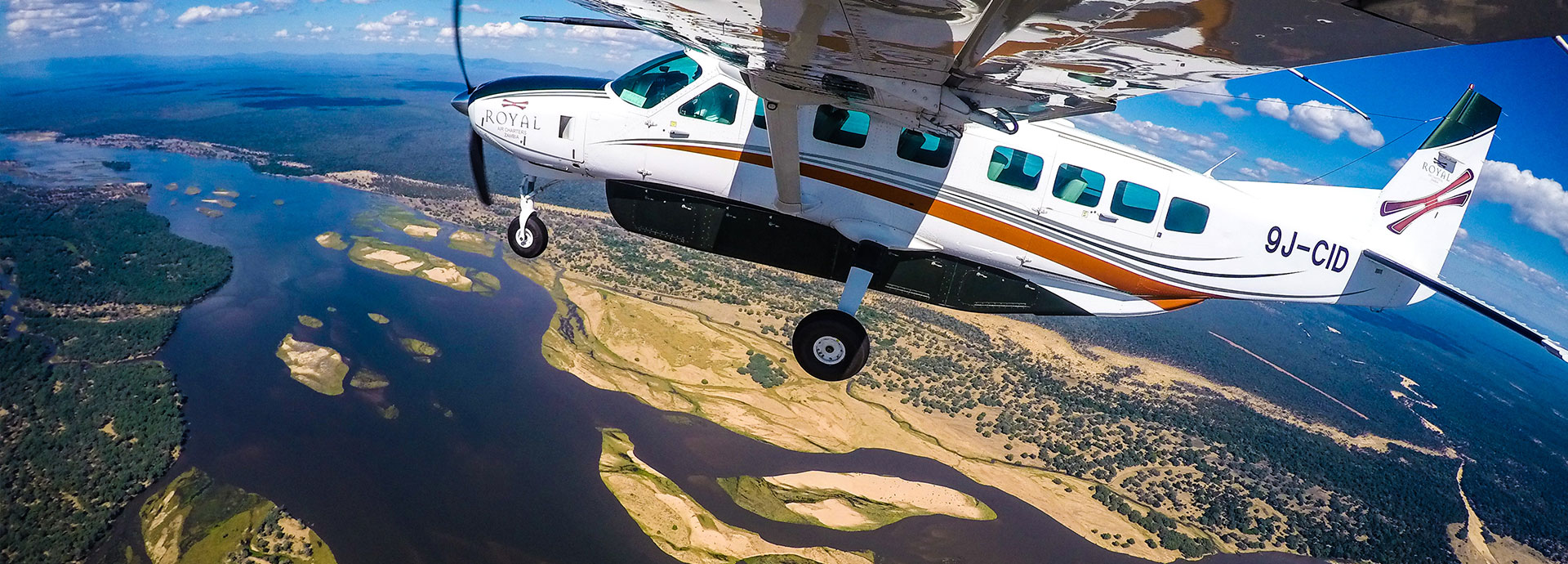
CLIMATE, WEATHER & SEASONS
CLIMATE
Southern Africa is vast and so it is hard to speak generally about the various climatic nuances. However, broadly speaking, Southern Africa is subject to temperature extremes, particularly in the cooler, dryer months (April to September) with warm sunny days and cold crisp nights. Then the hotter months tend to also coincide with the wettest weather (October to March).
East Africa lies on, or close to, the equator and so it does not tend to experience much temperature fluctuation throughout the year. However, certain areas can be surprisingly cool due to being at higher altitude so remember to pack with this in mind. In most of East Africa there is typically a long rainy season (March – May) and a shorter seasonal rain (November – December), which is less consistent. Between these months it is usually quite dry and is often considered to be the best time to visit.
Central Africa is known for its equatorial climate, characterised by high temperatures and abundant rainfall throughout the year. The region lies near the equator, resulting in minimal variation in daylight hours and relatively consistent temperatures. The primary rainy seasons generally occur from March to May and September to November.
West Africa has a diverse climate, varying from arid and semiarid conditions in the north to tropical and equatorial climates in the south.
Northern Africa is predominantly arid or semiarid, with hot temperatures and limited rainfall in most regions. The coastal areas and some highlands offer more moderate conditions, but the desert climate is a dominant feature of the region.
Please note that conditions vary greatly, even within one country, so please refer to the country specific information at the end of this document for more detailed information.
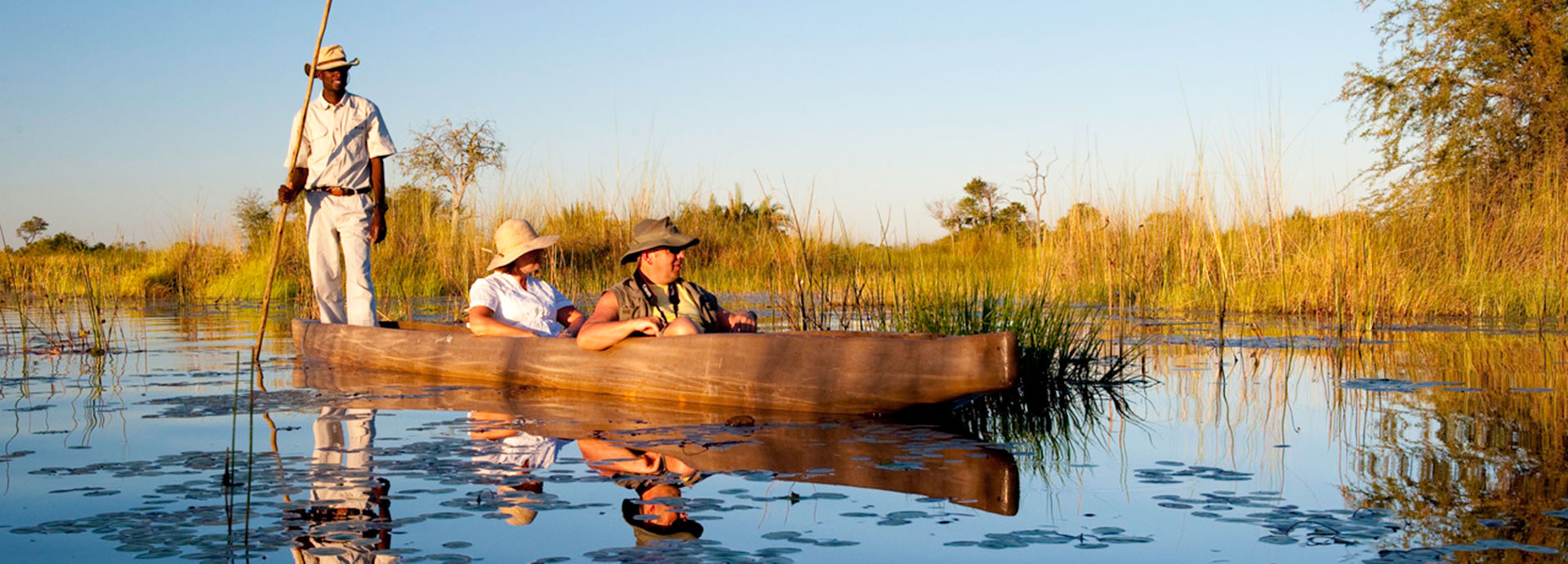
LUGGAGE & PACKING
LUGGAGE
Luggage on all international flights varies between carriers so check with your particular airline for the correct requirements. Generally, checked baggage is limited to 23kgs economy, 32kgs business and 40kgs first class, plus up to 7kg in hand baggage.
When travelling in Africa, most safaris include charter flights in light aircraft. Charter planes have small baggage compartments and restrictive weight limitations. The pilots need to manipulate the bags to get them into the hold. Frames limit the space in the hold and not many bags are able to fit in as a result. Hard cases are not suitable – so leave that Samsonite at home!
It is vital that you adhere to these restrictions. Luggage restrictions are imposed for your safety and because of the restricted space on the aircraft.
Weight restrictions vary from 15 – 20kg including hand luggage. If you know you will have excess baggage please contact us as it may be possible to make arrangements for storage or pay for an extra seat. This is only possible to organise if we receive prior notice.
And if you are wondering how to pack everything in and keep it under weight read our blog – How to pack for a safari and keep it under 15kg
CHARTER FLIGHTS
The reason for such strict regulations is that the luggage storage on many charter flights across Africa looks like this:
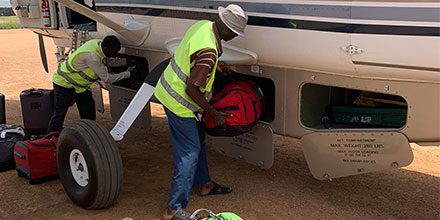
The weight limit is a strict safety requirement to ensure the balance and carrying capacity of small aircraft.
Please refer to the country-specific pages for luggage information specific to your trip. However, most charter flights adhere to the following luggage specifications:
- Maximum luggage size is 25cm x 30cm x 62cm.
- Soft luggage/duffel bags – refer to the table (below) for weight specifications by country.
- The maximum luggage weight includes all carry-on luggage and camera equipment.
- Please note that bags with rigid sides and/or wheels are not permitted in Botswana.
- If checking your bag in for a flight from Johannesburg ensure any large straps are removed and packed, and that your bag also has a firm base. If your bag does not conform to these restrictions you will have to get your bag wrapped at the airport.
- A collapsible wheeled luggage frame/trolley (separate to the bag) is allowed as long as basic dimensions are similar to that of the bag. If the luggage will not fit within the hold you will be instructed to purchase a duffel bag and repack (at your own expense) or the luggage can remain behind until another aircraft may be able to transport it. If you want the bags to travel with you then you will need to purchase an extra seat which is subject to availability. This bag will still need to be a soft bag that can fit into a seat on the aircraft. It cannot be a hard suitcase with wheels and frames. It is sometimes possible to book (and pay for) an extra seat on charter flights which would allow you an extra 80 kgs of luggage.
- If you are worried about any of this please discuss your options with your consultant.
SAFARI BAGS
We offer fabulously stylish ‘Rugged Luxury’ canvas and leather gear bags, ideal for safaris involving charter planes.
Small Canvas Gear Bag ‐ $350
Dimensions: Length 60 cm, Width 31 cm (46L)
Approximate weight full with clothing: 12‐15 kgs
Large Canvas Gear Bag ‐ $370
Dimensions: Length 71 cm, Width 34 cm (60L)
Approximate weight full with clothing: 15‐20 kgs
Both items come with a leather shoulder strap & luggage tag. Please contact us for further details and to purchase.
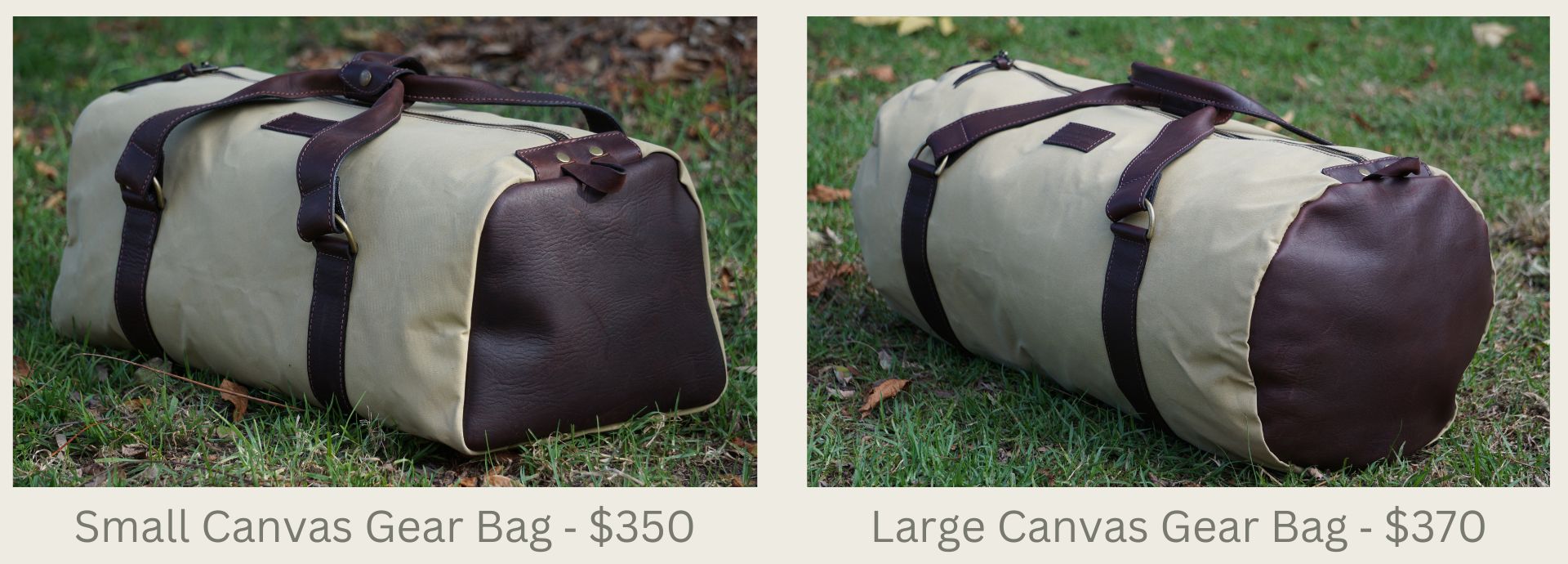
CHARTER FLIGHT LUGGAGE LIMITS
| Country | Luggage | Hand Baggage | Total Limit | Wheels Allowed |
|---|---|---|---|---|
| Rwanda | 10 | 5 | 15 | YES |
| Uganda | 12 | 3 | 15 | YES |
| Kenya | 10 | 5 | 15 | YES |
| Tanzania | 10 | 5 | 15 | YES |
| Malawi | 12 | 3 | 15 | NO |
| Zambia* | 15 | 5 | 20 | YES |
| Botswana | 15 | 5 | 20 | NO |
| Zimbabwe | 15 | 5 | 20 | NO |
| Namibia | 15 | 5 | 20 | NO |
| South Africa | 15 | 5 | 20 | YES |
* Please note that in Zambia & Mozambique, the luggage limit on private charter flights is restricted to 15kgs per person, inclusive of hand luggage, packed in soft bags only.

NO PLASTIC BAGS
To protect the environment, wildlife, and human health over 80 countries now have a full or partial ban on single-use plastic bags. The Classic Safari Company also adopts this policy, and we encourage you to travel with a conscience and travel with no single use plastics. Please click this link for a full list of countries phasing out lightweight plastic bags.
YOUR WEIGHT
In addition to adhering to the luggage weight allowance on all charter flights you must also advise us if you weigh over 100kgs as you may be required to pay for an extra charter seat as the total weight of passengers + luggage must be safe for flying. There are NO exceptions and this is particularly important if the weather is hot. Please let us know prior to your arrival in Africa to save embarrassment at the time of boarding. The pilot has complete discretion over who and want is allowed on the aircraft – again, for the safety of all.
SAFARIS ON HORSEBACK
If you are joining a riding safari it is imperative that you advise us of your weight at the time of booking (and you inform us if your weight changes significantly prior to your holiday) in order that the riding safari outfitters can ensure an appropriate horse is available for you. Most riding outfitters have a preferred maximum weight limit of 90kgs. If you are close to or over this weight limit, please contact us. Depending on the riding outfitter you may be accepted as a rider based on your riding ability and experience. Failure to share this information may negatively impact your experience.
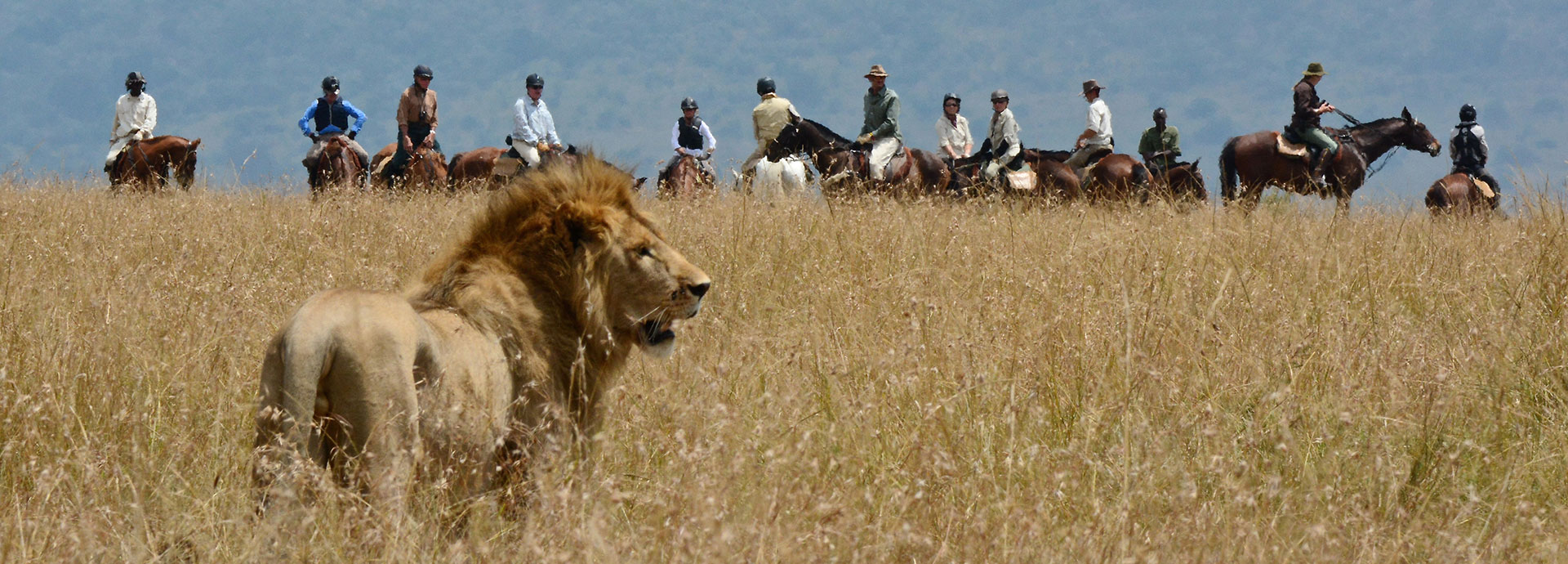
WHAT TO PACK
First things first; it is likely that you will need to adhere to specific luggage restrictions whilst on safari (refer to our advice on luggage specifications) and these restrictions perfectly align with our opening statement : DON’T PACK TOO MUCH!
Everyone invariably does. In truth, the type of clothes that you choose to wear on safari is not terribly important. You certainly don’t have to spend thousands of dollars overhauling your wardrobe!
For game drives, shorts, t-shirt and a long sleeved shirt will be perfect. Long sleeves are extremely useful for sun protection during the day and mosquito protection during the evening as well as adding another layer of warmth. In many areas it gets quite cold in the mornings and evenings so you will need a light jersey plus a warm fleece or jacket during these times. A light rain jacket could just save the day if you’re travelling in or on the cusp of the green season.
For safari walks we usually wear shorts and a long sleeved shirt, though some people prefer to walk in long trousers to keep grass seeds and ticks at bay. A good compromise are trousers that zip off at the knee to become shorts.
Unless you’re climbing mountains you won’t need heavy duty boots; the most important thing is that they are comfortable and well broken in; lightweight GoreTex walking shoes (Merrell brand or similar) with a bit of ankle support work well. We do recommend wearing covered shoes on game drives as you may alight from the vehicle for a closer inspection of flora or fauna. A pair of runners or Converse are perfect for game drives, whilst flip flops and light and comfortable, slip on shoes are also useful in and around camp.
Very few camps require anything too smart in the evenings. Long pants with a polo shirt and sweater / fleece jacket is suggested for men, whilst ladies can never go wrong wrapping up in a pashmina or adding a smart scarf to pants & a top. Fabrics that are both lightweight and breathable will make you feel much more comfortable, especially since you’ll probably be in the same clothes all day. Quick drying fabrics that are easily washable are ideal but you don’t need to go overboard. If possible avoid packing jeans as they simply take too long to dry. For ladies, heels are best avoided in the bush but a sports bra is highly recommended for road safaris.
Make sure you take a hat, ideally wide brim and tight (or with a tie) so that you don’t lose it from cars or boats and plenty of sunscreen/block. After a few days of glare and dust, if you have even remotely sensitive eyes, will be thankful for eye drops or eye wash of some sort. Game drive vehicles are either totally open or have large open roof hatches so you are often in direct sunlight. As it’s often quite a pleasant temperature or even fairly cool in the mornings you can easily forget how strong the sun is.
Take swimming/beach things for anywhere on the coast or if your chosen safari camps and lodges have a swimming pool. African kikois & kangas (sarongs) have a multitude of uses as wraps, scarves or whatever so worth snapping up a few at the earliest opportunity. Please also be sure to consider the sensitivities of local communities who find it offensive for women to expose knees or shoulders. Whilst this is often relaxed on beaches or in the privacy of camps bear it in mind when in transit or staying in the cities.
If you have a long journey or wait time it is an ideal time to listen to music or read a book on a device, likewise consider packing a small travel set of chess or backgammon and a pack of cards.
COLOURS ON SAFARI
Khakis and natural colours are the best to ‘blend in’ with your surroundings, but the reality is that unless you are on a riding or walking safari the colour of your clothing really doesn’t matter.
The most important colours to avoid are super bright or white. White clothes not only get dirty very quickly but like bright colours, they can startle animals.
If travelling in an area that has tsetse flies try to avoid dark blue and black clothing as these colours attract them – they bite…. and it hurts. There’s little, if no bug repellent you can use to keep tsetse flies away so cover up and avoid blue and black clothing.
Camouflage clothing is definitely not recommended as it might draw unwanted attention at border crossings or in airports.
THE THREE C’s
When it comes to a safari the key is LESS IS MORE.
- Be COLOUR sensitive and avoid bright colours when game viewing as you will want to blend in as much as possible
- Pack COMFORTABLE clothes – it’s not a fashion parade & you could be on bushwalks or game drives for long periods of time
- It can get very CHILLY in the early morning and once the sun sets so, as a rule, layers is the name of the game.
LAUNDRY ON SAFARI
Most camps have excellent, and often complimentary, laundry services which are able to wash & return clothes the same day (weather dependent). In city hotels laundry can be done for a fee and often returned within 24hrs.
Please also note that laundry in camp is almost always done by hand. Silks, cashmere and other delicate fabrics can be ruined so please be sure to advise your camp crew of any special requirements. It is also common for all laundry to be pressed using hot coal irons. If you don’t want your silks ironed or a crease down the front of your pants (!) let the camp staff know.
Due to cultural sensibilities some safari properties may not wash undergarments and as such you may wish to bring a small supply of liquid laundry soap.
DRESS LIKE AN ONION
The best advice we can give is dress like an onion!
Depending on the time of year you travel it’s prudent to think of your outfits in layers. Whilst you might not think it gets that cold in Africa, it does – even if you are close to the equator – particularly in the back of an open Land Rover when the wind is hitting you full force, even if it’s been a hot day.
CLOTHING
- 2 pairs of trousers
- 2 pairs of shorts
- ‘Smart casual’ evening wear
- 2 t-shirts
- 2 long sleeved t-shirts
- 1 or 2 short sleeved shirts or blouses
- 1 light weight cardigan or pullover
- 1 Pashmina for the ladies
- 1 windbreaker or light jacket
- 1 pair of walking shoes or sturdy runners
- 1 casual shoes and / or sandals for wearing around the camp or hotel
- Flip flops
- Swimmers
- Underwear & socks for 3 – 5 days
- Sleepwear
- Gloves + scarf for early mornings
- Sun hat or Cap
ACCESSORIES
- Sunglasses
- Spare prescription glasses
- Contact lenses and saline
- Pen, paper, scrap book or journal
- A novel (soft copy or on i-device)
- Camera with spare memory cards
- Chargers for all electricals
- Adaptor plugs
- Small torch & batteries
- Toiletries
- A water bottle
- Binoculars
- Anti-malaria medication
- Personal First Aid Kit plus any necessary prescription medicines
- Insect repellent
- Sunscreen & lip balm
- Unscented moisturizing lotion
- Lip balm
DOCUMENTS
- Passport
- Airline tickets
- Credit card
- Money
- Vouchers (if required)
- Travel Insurance Certificate
- A photocopy of your airline tickets, visa (if issued prior to arrival) and passport
- Your YELLOW FEVER vaccination certificate (if required) – please refer to our information on medications and inoculations.
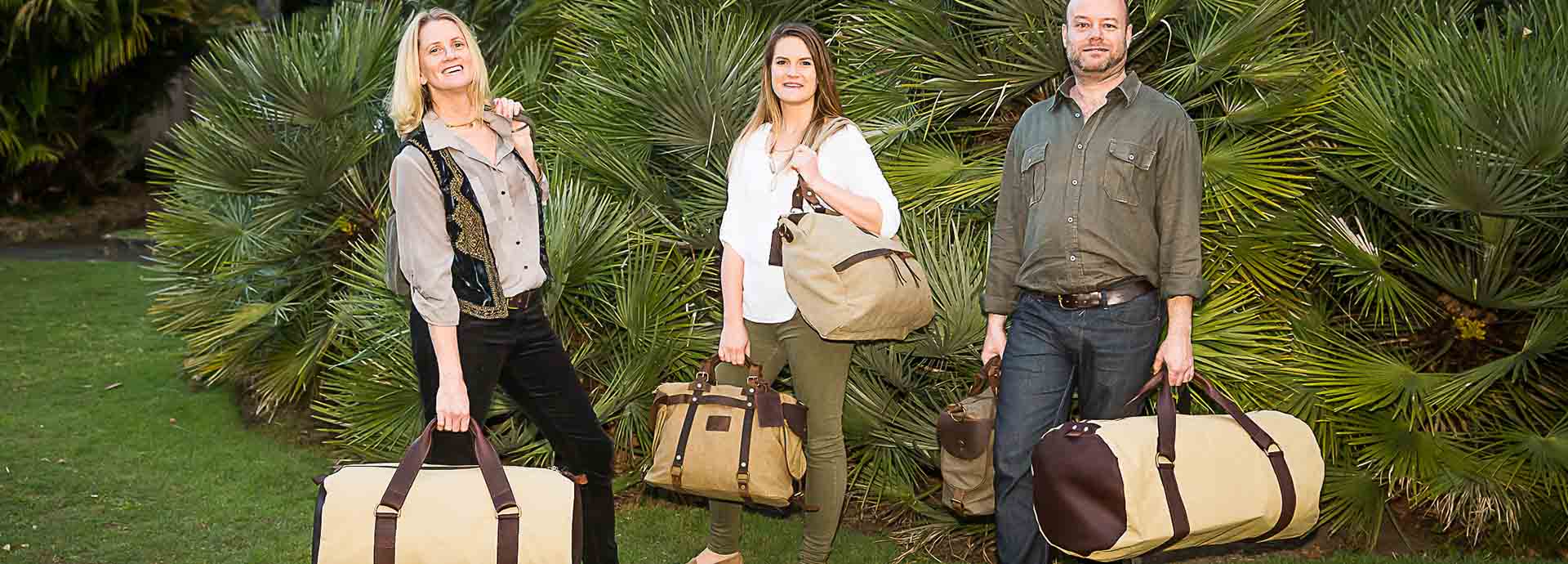
INSURANCE
ENSURE YOU’RE INSURED
Although we hope you’ll never need it, having a comprehensive travel insurance policy is always highly recommended. No international travel is ever entirely without risk, and even the best laid plans can go awry.
Whilst we cannot recommend the right policy for you (as only you know you and what you need), below we have provided links to sites and articles that may help you navigate your way through the choices available.
PLEASE NOTE: The information provided here is subject to change at any time. However you choose to proceed, and whatever your travel insurance choice is, it is your responsibility to read the policy wording / Product Disclosure Statements to understand the terms and conditions, policy availability subject to your age, trip duration and destination, item limits, sub-limits and any or all exclusions that may apply. And always refer to the Australian Government’s Department of Foreign Affairs & Trade’s (DFAT) Smartraveller website for up-to-date travel advice and their advice on Travel Insurance.
Whichever insurer you choose please provide us with a copy of your chosen policy, insurance certificate and all emergency contact details for our records.
WHAT WE OFFER
The Classic Safari Company is currently associated with the following travel insurance providers :
Each of the above insurers has varying strengths depending on the activities included in the trip you are undertaking. Their websites are easy to navigate and once you have entered your personal details and selected your preferences – be that to reduce your excess, include cover for cruising, increase your cover for cancellation or obtain cover for a pre-existing medical condition – the website will generate a quote. If you are satisfied with what is presented, you simply need to follow the steps to purchase your insurance policy online.
At what point in the booking process should I purchase travel insurance?
It is advisable to obtain comprehensive travel insurance at the time of confirmation/paying a deposit to ensure you are covered from the moment you book.
What should I look for when selecting coverage?
Most insurance companies will cover the basics such lost luggage or flight cancellations, but levels of medical cover vary from policy to policy, and the cover for global issues, such as pandemics, has changed significantly over the past few years. This excellent article, Travel Insurance Simplified, published on 07 April 2022, details what you need to look for when selecting coverage for your next trip. Smartraveller also publishes helpful advice on Travel Insurance.
What is the impact of DFAT travel advice?
Some insurance will not cover travel to countries where the Australian Department of Foreign Affairs & Trade (DFAT) is warning Australians to “Reconsider your need to travel” (Level 3) and most don’t cover travel to places with a “Do not travel” warning (Level 4). Most international travel insurance covers visits to Level 2 countries. DFAT travel advisories can change over time and this may affect your travel insurance coverage. You should always check the advice levels on the Smartraveller website.
How much does travel insurance cost?
Costs will vary depending on your age, destination, duration of your journey, preferred excess, cancellation cover, and if you have any pre-existing medical conditions. It is important to note that the inclusions with each policy are different so price is not the only factor you should consider when choosing travel insurance – cheaper policies often don’t provide the cover you might expect. You should read the small print carefully before purchasing any travel insurance policy to ensure it is suitable for your needs.
Can I use my credit card travel insurance?
Many premium credit cards come with complimentary travel insurance. If you elect to only be covered by your credit card travel insurance it is paramount that you understand the terms and conditions, policy availability subject to your age, trip duration and destination, item limits, sub-limits and exclusions that may apply. It is also worth noting that many credit card travel insurance policies automatically exclude cover for epidemics and pandemics and may not cover charter flights.
What about reciprocal health care agreements?
If you’re travelling to one of the 11 countries for which Australia has reciprocal health care agreements, you may also be able to access free health care at your destination under these arrangements. The exact benefits available to Australians in each partner country vary. At a minimum, you can generally access emergency medical and hospital care in any of these 11 countries by simply showing your valid Australian Medicare card.
Even if you’re travelling to a country that has a reciprocal health care agreement with Australia, it’s still a very good idea to get travel insurance as these care agreements can be quite limited. Travel insurance will also cover you for everything else besides your health, such as delays or cancellations.
HEALTH & VACCINATIONS
VACCINATIONS
It may be necessary to take medical precaution prior to, and whilst travelling. As we are not qualified to offer advice, we recommend you contact your GP or the Travel Doctor-TMVC who have the most up‐to-date information available.
Requirements are highly personal depending on your health profile and the activities in your itinerary. Some vaccinations must be given well in advance of travel, so we suggest seeking medical advice as soon as you start to plan your trip. Be sure to ask what vaccinations or medications may be required to enter the specific countries you are travelling to and to re-enter Australia.
You can also refer to SmartTraveller for a guide as to what may be required, however you should always seek professional medical advice before travelling.
In most major cities there are fully equipped hospitals with well provisioned dispensaries, often with the services of highly qualified and often overseas‐trained doctors/specialists available. Most first-class hotels also have doctors on call. If your itinerary includes travel to high altitudes be sure you are aware of the symptoms of altitude sickness and you carry the recommended medication. As modern dentistry is largely unknown in many rural areas ensure you have a check-up before you leave home.
MEDICAL INFORMATION
MALARIA : Malaria is curable and need not be a deterrent for travel to Africa. Consult your GP or a travel doctor for the latest information pertaining to the countries you will be visiting.
The common first symptoms – fever, headache, chills and vomiting – appear 10 to 15 days after a person is infected. If not treated promptly with effective medicines malaria can cause severe illness that can be fatal.
Prevention is the best cure and anti-malaria medication may need to be taken prior to your departure, during your travels and for a period after your return. The best precaution against malaria carrying mosquitoes is to cover up at dusk and dawn with long sleeved shirts, trousers and socks and by applying mosquito repellent to exposed skin.
YELLOW FEVER : Vaccinations are now compulsory for entry into Uganda, Rwanda, Kenya and Ethiopia. Proof of Yellow Fever inoculation is also required for entry into other African countries and for re-entry into Australia, if you have been to an area where Yellow Fever exists (this includes airport transfers of more than 12 hours). Speak to your GP or a travel doctor about this.
OTHER VACCINATIONS : It is your responsibility to ensure that you are up-to-date with all of your vaccinations. You may require a booster jab for proper inoculation against diseases such as: Typhoid and Hepatitis A & B.
INSURANCE & AMREF FLYING DOCTORS
You should ensure you have comprehensive travel insurance before you leave for any destination. When travelling in East Africa with The Classic Safari Company you will additionally have AMREF cover.
WHAT IS AMREF FLYING DOCTORS COVER FOR?
Amref Health Africa (formerly the African Medical and Research Foundation) is the largest African health development non‐governmental international organisation based in Africa and is the leading African‐based aero‐medical and health assistance provider. AMREF is offers a 24hr emergency contact centre, the best in‐flight care and equipment, the fastest response times and are considered the most reliable. As many of safari camps and lodges in East Africa are located in extremely remote areas it is imperative that, in the unfortunate case of a medical emergency, you are able to reach a well-equipped hospital fast, with expert care en route. And that is where AMREF steps in.
Whilst most good travel insurance policies will include medical evacuation cover, inevitably emergencies arise out of hours , and there are often delays whilst (mandatory) authority is sought from your chosen international medical insurer. This can mean the difference between life and death. As a result most, if not all, safari operators will not accept clients on any of their itineraries, or in their camps or lodges, who are not covered for medical evacuation by a flying doctor membership, regardless of whether your travel insurance policy also covers this. The cost for AMREF cover is therefore automatically included in the cost of your itinerary designed and booked by The Classic Safari Company.
FIRST AID KIT
Travelling with a compact First Aid Kit is highly recommended and having the ability to cure common complaints quickly and without stress can really enhance your travelling experience. The Travel Doctor-TMVC have kits for sale that include basic items to which you can add depending on your personal requirements.
The items listed here provide a checklist for mild ailments and common circumstances.
- Personal medications*
- Antiseptic cream
- Anti- malarial tablets
- Aspirin/Panadol
- Sun block
- Throat lozenges
- Insect Repellent
- Indigestion tablets
- Diarrhoea tablets (Imodium)
- Lip salve
- Antibiotics
- Laxatives
- Plasters/band aids
- Anti-histamine
- Skin moisturiser
- Eye/Ear drops
- Nausea tablets
- Cold/flu tablets
FOOD & DRINK
Food and drink advice for Africa can vary greatly depending on the region, as the continent is vast and diverse with numerous culinary traditions. However, here are some general tips to consider when exploring African cuisine:
Try local dishes: Each region has its own unique dishes and flavours. Be adventurous and try the local cuisine to get a taste of the authentic flavours of Africa.
Be cautious with street food: Street food can be delicious, but make sure to choose vendors with good hygiene practices. Look for places where locals are also eating, as it’s a sign of freshness and safety.
Stay hydrated: Africa can get very hot, so it’s essential to stay hydrated. Drink bottled water or boiled and filtered water to avoid any waterborne illnesses.
Fruit and vegetables: Enjoy the fresh and diverse array of tropical fruits and vegetables available in Africa. However, always wash or peel them before consuming.
Moderate spices: African cuisine often uses a variety of spices and can be quite spicy. If you are not accustomed to very spicy food, ask for milder versions or go easy on the chili.
Seafood: If you’re near the coast, seafood can be a delicious option. Ensure it’s well-cooked to avoid any potential foodborne illnesses.
Ethnic restaurants: Look for restaurants that serve traditional dishes from various African countries. This can be an excellent way to experience the diversity of the continent’s cuisine.
Tap into local knowledge: When in doubt about what to eat or where to go, don’t hesitate to ask locals for recommendations. They can provide valuable insights into the best food and drink options.
Respect dietary restrictions: Some regions may have cultural or religious dietary restrictions. Be respectful of local customs and traditions.
Lastly, remember that Africa’s food scene is incredibly diverse, with influences from various cultures and histories. Embrace the opportunity to explore and savour the rich culinary heritage of the continent. Please refer to the country specific information at the end of this document for more detailed information on the local cuisine of each area you are visiting.
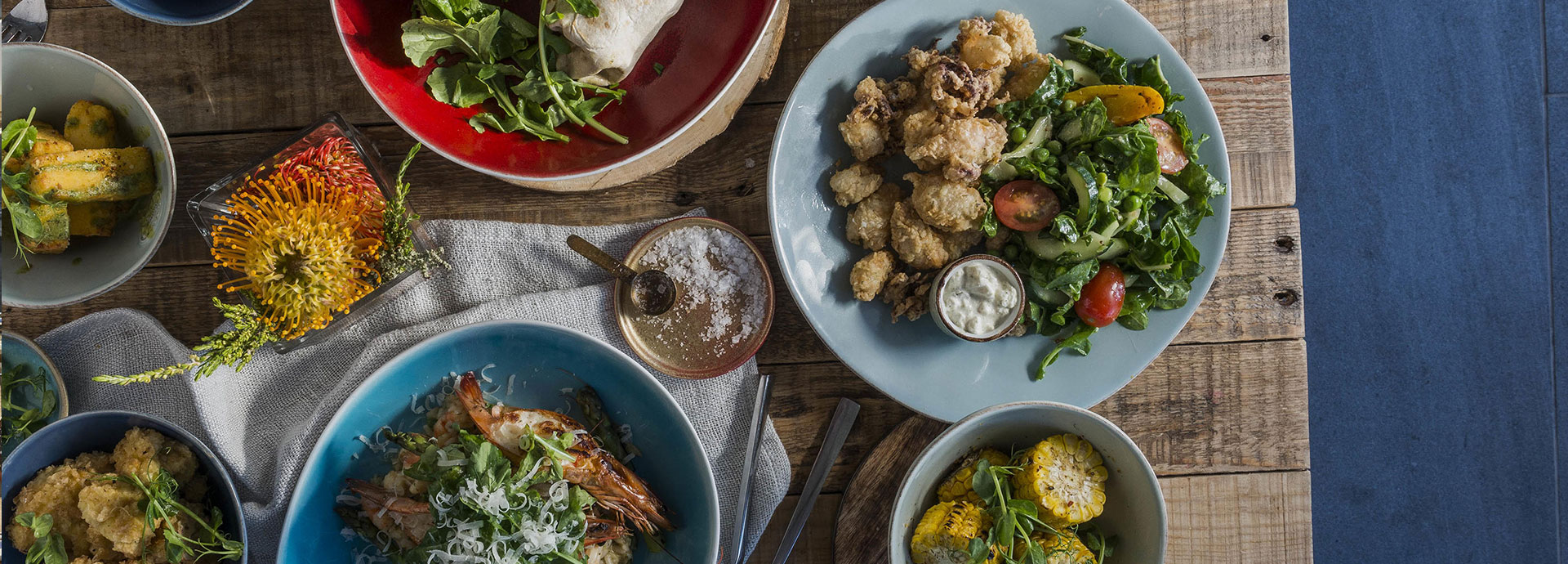
CULTURE & WILDLIFE
While Africa offers a magical destination in terms of wildlife and landscape, no visitor leaves untouched by its people and their vibrant and varied culture. With a compilation of over 3000 different ethnic African groups modern day Africa is a melting pot of indigenous tribes and those who have descended from 19th century Arab & Indian immigrants and British colonial settlers. As you travel through this exotic land, and largely underdeveloped part of our world, many of the local people have a different outlook on life with different religious and cultural beliefs. This is one of the reasons for travelling – to see and experience something other than your day-to-day life.
In Africa things can, and do, go wrong from time-to-time. Vehicles break down. Flights get delayed. It’s rarely a complete disaster, but you really do need a sense of humour, an open mind and a sense of adventure to get the most out of our safari. And always remember – you are a guest in their country and a smile goes a long way.
SAFARI ETIQUETTE
To make sure you get the most out of your time in Africa there are a few things you should not do in order to guarantee an enjoyable, and most importantly, safe safari.
Your safari guides & trackers will do their utmost to find every animal you have on your wish list but there’s no guarantee you’ll see everything as the game reserves are vast and the animals are not only unpredictable but they also wear camouflage! Be sure to let your safari guide know what you are most interested in seeing and they will do their best to find it for you.
Attacks by animals are rare but no safari operator can guarantee that such incidents will not occur. Your guides are there to find the animals, to educate and to protect you so you must always follow the instructions of your guide.
Never get out of your safari vehicle, unless you are instructed to do so by your guide; you don’t want to end up as lunch. No matter how tempting it may be, no matter how fat and lazy those lions look – don’t do it! If it is safe to get out of the vehicle your safari driver / guide will let you know.
Never lean out of the windows of your safari vehicle, unless your guide specifically says it is ok.
Never wander away from the camp on your own or go walking without a qualified guide.
Never walk around at night without a guide or guard escorting you, particularly if the camp is unfenced. No matter how tempting it is to dash to the dining tent, your night vision is not nearly as good as the surrounding wildlife – they can see you but you cannot see them.
Never feed the wildlife – it makes wild animals lose their instinctive fear of people and changes their natural behaviour. This can make potentially dangerous animals become too comfortable and a safety risk to local people.
Don’t encourage your guide to drive off road to get closer to wildlife. This can sometimes cause stress to the animal and destroy habitats. Your guide will always do their best to position the vehicle in as good a position for wildlife viewing as possible.
Never litter.
In deference to other safari guests please also mute your mobile phone whilst on game drive – the world can wait for your tweet or post; mute your camera – digital beeping is irritating, don’t use flash photography and keep your voice low so as not to disturb the wildlife or the experience of others.

MONEY MATTERS
CURRENCY AND EXCHANGE
Australian Dollars can only be directly exchanged for foreign currency in South Africa and Namibia. Australian dollars are not accepted in any other country in Africa.
Ensure you have a sufficient amount of USD cash to convert to local currency for tipping. Many people are happy to accept tips in USD, however in some countries they need a passport (which they may not have) to convert USD to local currency and as such would prefer local currency.
If you are travelling to a country that requires USD, ensure all of your notes have been made since 2006. USD bills older than 2006 are not accepted in most countries outside of the US.
It’s best to take a mixture of money – credit card, debit card or travel cash card, plus cash just in case. Small denominations of USD or EURO are advisable – especially for tipping. If all else fails, have someone you can depend on who will make an emergency transfer of funds.
ATM machines are available in most cities & towns, are NOT widely available beyond that so do rely on these as your sole source of funds. Please be vigilant if you do withdraw cash.
Major international credit cards such as Visa and Mastercard are widely accepted. AMEX is not so popular and in some instances is not accepted at all. Please note that you need to take your physical credit card, and you need to know your PIN number, as not all places will allow you to ‘tap’. In some cases you may also be asked to sign.
It is recommended that you DO NOT change money on the black market as you are more likely to receive a lower rate of exchange or fake notes.
TELL YOUR BANK
We highly recommend you advise your bank of your destinations and travel dates. This should prevent any of your transactions being deemed as ‘out of the ordinary’ (and possibly stopped) due to their unexpected location.
SPENDING MONEY & HOW TO TAKE IT
INCLUSIONS
Your itinerary and invoice will indicate the inclusions and exclusions for your safari. Most high-end safari camps and lodges in Africa are offered on an “all inclusive basis”, which will often also include laundry and local alcoholic beverages. Additional charges for ‘top shelf’ or imported alcohol will often apply. Hotels in cities and towns are generally booked on a ‘bed and breakfast’ basis only. Mobile camping safaris often don’t include drinks or laundry so please check your invoice or ask your consultant. None of the above include gratuities.
BUDGET
It is extremely difficult to calculate exactly how much you will spend, however we suggest you budget around US$50 per person per day for extras such as tips, visas, drinks (if not included) and personal purchases. We generally recommend taking a combination of cash and credit cards.
With cash we recommend that you take small denominations (ones, fives, tens and twenties), you have new US notes (printed post 2006 – post 2010 is even better) and that you only take as much cash as you feel confident carrying. Never wear a visible money belt and take care of your possessions at all times and wherever there is a safe in your room please use it.
SECURITY
Carry money, credit cards and your passport in a hidden money belt. As a rule of thumb, do not wear any valuables such as jewelry and expensive watches that you are not prepared to lose. It is a good idea to travel with a photocopy of your passport, visas, travel insurance and air tickets, packed separately from the original documents or scan / photograph them and email them to yourself. This will speed up their replacement should that be necessary.
CREDIT CARDS
Larger hotels, quality lodges, souvenir shops and restaurants in the major towns and cities accept most credit cards. The rate of exchange is usually excellent but do not rely on credit cards as your principal source of finance. Visa & MasterCard are more commonly acceptable. Diners and American Express are only accepted in limited establishments and often with a high surcharge, so take a Visa or MasterCard as back up. Credit Cards are NOT accepted in Zimbabwe other than Visa in Victoria Falls.
AFRICAN CURRENCIES
| COUNTRY | CURRENCY | CODE |
|---|---|---|
| Botswana | Botswana Pula | BWP |
| Congo | Central African Franc | CFA |
| Egypt | Egyptian Pound | EGP |
| Ethiopia | Ethiopian Birr | ETB |
| Kenya | Kenyan Shilling | KSH |
| Madagascar | Malagasy Ariary | MGA |
| Malawi | Malawian Kwacha | MWK |
| Mauritius | Mauritian Rupee | MUR |
| Morocco | Moroccan Dirham | MAD |
| Mozambique | Mozambican Metical | MZN |
| Namibia | Namibian Dollar | NAD |
| Rwanda | Rwandan Franc | RWF |
| Seychelles | Seychellois Rupee | SCR |
| South Africa | South African Rand | ZAR |
| Tanzania | Tanzanian Shilling | TZS |
| Uganda | Ugandan Shilling | UGX |
| Zambia | Zambian Kwacha | ZMW |
| Zimbabwe | Zimbabwean Dollar | ZWL |
For currency conversion: www.xe.com
TIPPING GUIDE
TIPPING GUIDE
Whilst tipping in Africa is not compulsory it is generally expected. You will find that in most African countries staff will not ‘hover expectantly’ but will nonetheless be very appreciative of any gratuity received.
We offer our advice as guidance only with suggested per-person amounts indicated below. Remember that tipping is always at your discretion and the amount given should be based on the level of service you have received. To re-iterate – the below is a guideline only and can be adjusted at your discretion.
Camp, Game Lodge and Specialist Safari / Tour Guides:
US$20 / ZAR300 per person, per day for your guide.
US$15 / ZAR150 per person, per day for your ‘tracker’ if you have one.
US$ 5 per person for local guides such as Bushmen or mokoro (canoe) polers in local currency as it is unlikely these guides will have passports that will enable them to convert to local currency.
General Safari Camp / Lodge Staff:
US$15 / ZAR150 per person, per day and should be placed in the communal staff tipping box which will be distributed equally amongst all the staff – porters, chefs, wait staff, cleaners and other staff who work behind the scenes.
Meet & Greet:
US$ 5 / ZAR100 per person, per meet & greet
Transfer Drivers:
US$10 / ZAR100 per person, per transfer (you may wish to pay more depending on the length of the transfer and if the driver assists with your luggage).
Airport Porters:
US$ 2 / ZAR 30 per person per bag movement
Hotel Staff:
US$ 5 / ZAR 50 per person per night for hotel staff such as housekeeping.
Restaurants:
10-15% if you are satisfied with the service (unless already included).
City Touring:
US$20 / ZAR300 per person, per full day for your guide.
US$10 / ZAR200 per person, per half day for your guide.
Mobile Safaris:
US$15 per person, per day for your guide/host + US$10 per person, per day for distribution amongst the mobile safari team at the end of your trip (this should also be given to your guide and they will distribute equally).
Mountain Climbs:
Lead Guide: US$20 per person, per day
Mountain staff: US$10 per person, per day (will be distributed amongst staff by the lead guide)
Gorilla & Chimp Treks:
Guide: US$25 per person, per trek
Porter: US$20 per person, per trek

POWER, TECH & PHOTOGRAPHY
POWER
There are basically two main voltage systems used around the world: 110 Volt ‐ USA, Canada, Spain & Japan 220 Volt ‐ the rest of the world. In simple terms, the power supply available at the socket is roughly twice as powerful in 240V countries as in 110V countries.
The voltage in Africa is 220-240 Volts, therefore if you wish to use any electronic devices from Canada, the US or Japan you’ll need a voltage converter AND a plug adapter. Australia operates a 220V currency and therefore you only require an adapter for Australian appliances.
Getting the right adaptor when travelling to Africa can be confusing, particularly as some countries use more than one plug type. We therefore recommend that you invest in a travel adaptor that provides you with more than one option. NB: Many adaptors are now also produced with a USB port so you can plug your smart phone or other electrical devices directly into the adaptor.
ADAPTORS

For the latest and most up to date information about voltage and adaptors please refer to: www.korjo.com
Type G – UK style 3 square-pin plug
Needed for:
- Botswana
- Kenya
- Malawi
- Mauritius
- Seychelles
- Tanzania
- Uganda
- Zambia
- Zimbabwe
Type C – European style 2 round-pin plug
Needed for:
- Botswana
- Egypt
- Ethiopia
- Madagascar
- Mauritius
- Morocco
- Mozambique
- Rwanda
- Zambia
- Zimbabwe
Type M – South African style 3 round-pin plug
Needed for:
- Botswana
- Mozambique
- South Africa
- Namibia
- Zimbabwe
SMART PHONES & DATA
Smart phones can be wonderful travel companions. Not only will they help you stay in touch with friends and family, they’ll guide you through unfamiliar cities, enlighten you on local attractions, translate foreign languages and produce great photographs.
Left unchecked they can also wreak havoc with your travel budget!
The reason is that some (but not all) of the fun and useful functions smart phones perform require the downloading of data via an internet connection. Unfortunately, if you’re paying for data roaming it can be an expensive exercise and you run the risk of returning home to an expensive shock.
If you want to make the most of your mobile device, while avoiding unexpected and unpleasant charges, keep in mind the following tips:
- Buy an International Roaming Pack ‐ think about buying a pack from your phone network before departure in order to access cheaper rates
- Remove your regular SIM and replace it with a pre‐paid SIM either purchased before departure or upon arrival. Not only will you benefit from better prices for data, voice calls and SMS, but there will be a pre‐set limit on how much you can spend giving you some piece of mind.
- Turn off global roaming ‐ the problem with data roaming is not simply the exorbitant costs travellers are charged for downloading megabytes, it’s the fact that this data is often being sucked down without you even being aware of it.
To be safe, the easiest thing to do is simply disable data roaming.
We do NOT recommend taking advantage of free-wifi in public places such as airports and malls. The connection is often insecure, and you could run the risk of data & information theft. If you do need to go online, whether to check your emails, use a handy app or make an online booking – your best option is to find SECURE free or affordable Wi‐Fi.
PHOTOGRAPHY
Africa is a photographer’s paradise, offering a wide range of stunning landscapes, diverse wildlife, vibrant cultures, and captivating cityscapes. Whether you’re a professional photographer or just love capturing memories, here are some photography tips to help you make the most of your photography experience in Africa:

Pack the Right Gear: Bring a versatile camera with interchangeable lenses to accommodate various shooting situations. A wide-angle lens is excellent for capturing expansive landscapes, while a telephoto lens will help you get close-up shots of wildlife. The best lens to take is a zoom in the 70mm-300mm range. Only if you are a keen birder or professional photographer would you need a lens greater than 300mm. You’ll be very surprised at how close you can get to the animals! For digital cameras we suggest you bring two rechargeable batteries and ensure that you have adequate memory space. Most lodges and many vehicles can recharge batteries. Other accessories to consider are a flash unit, various filters, particularly skylight and ultra-violet and a ‘bean bag’.
Capture the Golden Hours: The early morning and late afternoon (golden hours) provide the best natural light for photography. The soft, warm glow enhances the colors and textures of your subjects, making it an ideal time for wildlife and landscape photography.
Be Patient and Observant: Wildlife photography often requires patience. Spend time observing animal behavior to anticipate moments and capture unique shots. Wait for the right expressions or actions that tell a story.
Respect Wildlife: When photographing animals, prioritize their well-being and safety. Maintain a respectful distance, use a long lens, and avoid causing stress or disruptions.
Rule of Thirds: Compose your shots using the rule of thirds. Imagine dividing your frame into thirds both horizontally and vertically, and position your main subject along these lines or at their intersections for visually pleasing results.
Capture Local Life: Embrace the culture and lifestyle of the people you encounter. Ask for permission before taking portraits, and be respectful of their privacy and customs.
Include People in Landscapes: Adding people to your landscape shots can provide a sense of scale and add depth to the image. It also helps tell a story about the human connection to the environment.
Be Prepared: Africa’s weather can be unpredictable, so come prepared with protective gear for your camera, such as rain covers, and extra batteries and memory cards to avoid missing crucial shots.
BINOCULARS
Great binoculars are a revelation on safari! We recommend taking the best pair of binoculars you can beg, borrow or buy.
If you are buying binoculars don’t be tempted to buy anything too small and avoid gadgets like zooms. Roof prism binoculars with internal mechanisms give the best quality. We like Bushnell Powerview Roof Prism or Leica Ultravid 8×32 HD plus.
Experiment with Angles: Vary your shooting angles to create unique and compelling images. Get down low for eye-level shots of wildlife or shoot from elevated positions to capture sweeping vistas.
Edit with Care: Post-processing can enhance your images, but avoid over-editing. Preserve the natural beauty of Africa and showcase the authentic colors and scenes you witnessed.
Safety First: Be aware of your surroundings, especially in wildlife areas. Follow the guidance of experienced guides and rangers to ensure your safety while photographing animals.
DRONES
Flying drones is illegal in many countries. If you travel with one it is likely to be confiscated at customs and you may also be hit with a hefty fine. Therefore, we strongly recommend against travelling with a drone.
Remember that photography in Africa is not just about getting great shots; it’s also about respecting the environment, wildlife, and people you encounter. Embrace the adventure, and let your images tell the story of this incredible continent.
CLASSIC SAFARI CO TRAVEL APP
Your very own App for travel – let the countdown begin!
The CLASSIC SAFARI CO App is supplied courtesy of The Classic Safari Company. It is a very handy tool with the upside being that you can view all your travel documents on your device at any time, whether connected to the internet or not. It will be where we house all your travel documents. Our App along with emailed digital copies of your travel documents, will be all that you will require once travelling.
Therefore, it is important to take the time to become acquainted with The Classic Safari Co App, and contents, well before you travel.
To start viewing your travel documentation you will need to download, at no cost, The Classic Safari Co App on your Phone, iPad or Tablet by following these steps:
- STEP 1 : Be sure you have internet access
- STEP 2 : Open the App store on your device and search for ‘The Classic Safari Co’ or download on the Apple App Store or Google Play
- STEP 3: Once installed and opened, you’ll be asked for your User ID and your Unique Passcode. Please enter the following:
- USER ID: TCSC
- UNIQUE PASSCODE: NAME+FILENUMBER
Click accept and wait for your travel documents to download before starting your journey on the App.
HOW TO DOWNLOAD
Open the App store on your device and search for ‘The Classic Safari Co’. Alternatively, using your device click the icons below to download on the Apple App Store or Google Play
OUR APP LOOKS LIKE THIS:
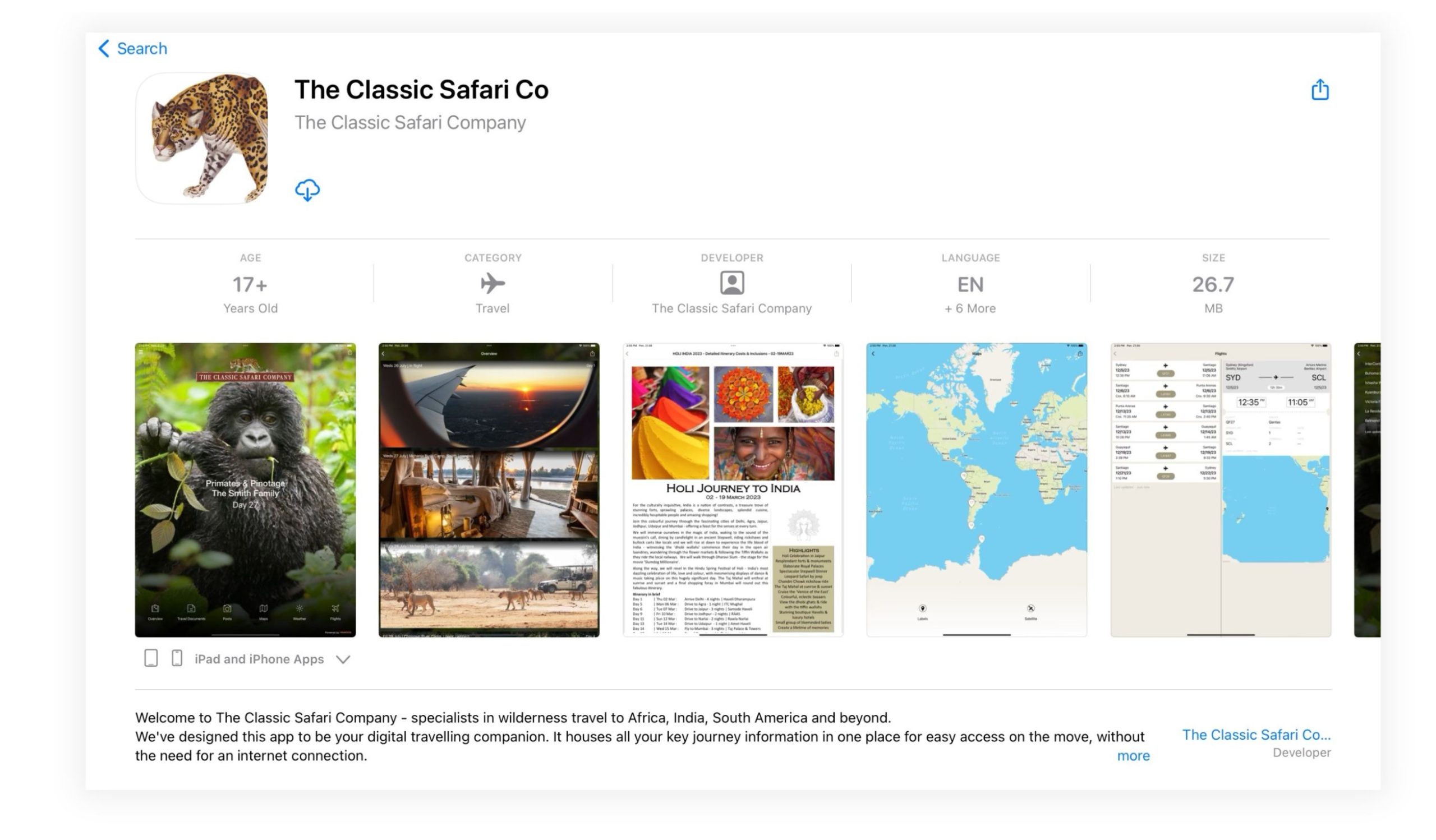
ON THE APP YOU WILL FIND:
- Your travel documents
- Destination information
- Maps
- Real time weather data
- E-tickets and flight information (if applicable).
ADDITIONAL OPTIONAL DOCUMENTS
We can also upload additional documents such as Tourist Visas, International Covid Certificates, and your Travel Insurance Certificate if you wish to have them on hand as you travel. If you would like us to add these for you please email any additional documents in PDF format (only) and we will add them to your profile. We do not recommend adding or sharing your passport information online.
UPDATES & CHANGES
We will update all documents if and when changes occur, and prior to your departure we will furnish you with emergency contact information and any relevant travel vouchers.
OFFLINE USE
The greatest benefit of using our App is that once the initial download has occurred you will no longer require internet access to view what has been uploaded for you.
SECURITY
Please note that the software developer of our app (Vamoos) cannot guarantee the safety of personal data against identity theft, particularly if you are using a free wifi service whilst travelling. We do not recommend using free wifi services anywhere in the world.

ALREADY HAVE THE CLASSIC SAFARI COMPANY APP INSTALLED?
If you already have The Classic Safari Co App installed, to load a new trip you simply need to follow these steps:
- STEP 1: Open The Classic Safari Co App on your device and in the top left corner you will see 3 small horizontal lines (the burger menu). Click these and look for the words ‘Load New’… click this and then enter:
- USER ID: TCSC
- UNIQUE PASSCODE: NAME+FILENUMBER
- STEP 2: Wait for your travel documents to download before starting your journey on the App.
Should you have any questions about the App or the information uploaded for you please don’t hesitate to get in touch.
Thanks, have fun and let the countdown to your departure begin!
DEPARTURE CHECKLIST
| TICK | ||
| AIRLINE TICKETS | Do the names printed on your tickets exactly match those written in your passport? | |
| Are your itinerary details exactly as you expect them? | ||
| PASSPORT | Do you have at least two blank pages for every country you intend to visit? | |
| Is your passport valid for a minimum of 6 months after your return date? | ||
| VISAS | Do you have the necessary visas? NB: Non-Australian passport holders will require a re-entry visa to return to Australia. | |
| MONEY | Have you told your bank where you are going and how long for? | |
| Will your credit cards be valid for the duration of your trip? | ||
| Do you have enough cash (USD, ZAR, Euro - or as relevant to your destination) and is it in small denominations? | ||
| TRAVEL DOCUMENTS | Have you double checked that all the details on your travel documents are correct? | |
| Do you have all the contact information that you might need? | ||
| Have you filled in your luggage tags with your home address and contact information? | ||
| INSURANCE | Are you fully covered for the duration of your trip and for all of the activities you might be taking part in? | |
| Have you sent a copy of your insurance certificate and/or your policy number and emergency contact details to TCSC? | ||
| VACCINATIONS | Have you visited a travel doctor to make sure you are up-to-date with your jabs? | |
| Have anti-malarial tablets been recommended? (please pack some in your hand luggage) | ||
| Do you have your vaccination book with you in case you are asked to present it at customs? | ||
| DUPLICATE COPIES | Have you made copies of your itinerary, tickets, passport and visas? We suggest packing one copy of these, or saving digital copies on your smartphone, and leaving another with family or a friend. | |
| FLIGHT RECONFIRMATION | Reconfirm your flights at least 72 hours prior to travel & double check the flight departure times. These can change without notice. And please do not reply on the TCSC APP for flight details - always check signage within the airport. | |
| LUGGAGE | Have you packed everything? (See our packing checklist for more information) |
RECOMMENDED READING LIST
NON-FICTION
Africa House – Christina Lamb
Africa: A Modern History – Guy Arnold
Among the Elephants – Iain/Oria Douglas-Hamilton
Dark Star Safari – Paul Theroux
End of the Game – Peter Beard
Gorillas in the Mist – Dian Fossey
In the Shadow of Man – Jane Goodall
Man in Africa – Colin Turnbull
Safari – A Chronicle of Adventure – Bartle Bull
Safari Style – Beddow Burns
Sand Rivers – Peter Matthiessen
Savage Paradise – Hugo Van Lawick
Serengeti Shall not Die – B & N Grzimek
Stanley: The Impossible Life of Africa’s Greatest Explorer – Tim Jeal
The Blue Nile and/or The White Nile – Alan Moorhead
The Lost World of the Kalahari – Laurens Van Der Post
The Mountain Gorilla: Ecology & Behaviour – George Schaller
The Safari Companion – Richard Estes
The Origin of Mankind – Richard Leakey
The Pathfinders: The Saga of Exploration in Southern Africa – Peter Becker
The Scramble for Africa – Thomas Pakenham
The Tree Where Man was Born – Peter Matthiessen
Zambezi – The River of the Gods – J & F Teede
FICTION & MEMOIR
African Nights – Kuki Gallmann
Cry The Beloved Country – Alan Paton
I Dreamed of Africa – Kuki Gallman
Long Walk to Freedom – Nelson Mandela
Nervous Conditions – Tsitsi Dangarembga
Nine Faces of Kenya – Elspeth Huxley
Out in the Midday Sun – Elspeth Huxley
Out of Africa – Karen Blixen
Swahili for the Broken Hearted – Peter Moore
The Conservationist – Nadine Gordimer
The Constant Gardener – John Le Carre
The Flame Trees of Thika – Elspeth Huxley
The Hairdresser of Harare – Tendai Huchu
The No. 1 Ladies’ Detective Agency series – Alistair McCall-Smith
How to Write About Africa – Binyavanga Wainaina
We Need New Names – NoViolet Bulawayo
Weep Not Child – Ngugi Wa Thiongo
Zambezi, African Sky, Far Horizon & more – Tony Park
EXTENDED READING LIST
We have an extended version of this reading list – with a synopsis on each book – available. Please contact us to request a copy.
Please also share any of your own recommendations with us. We are always on the look out for new reads.
